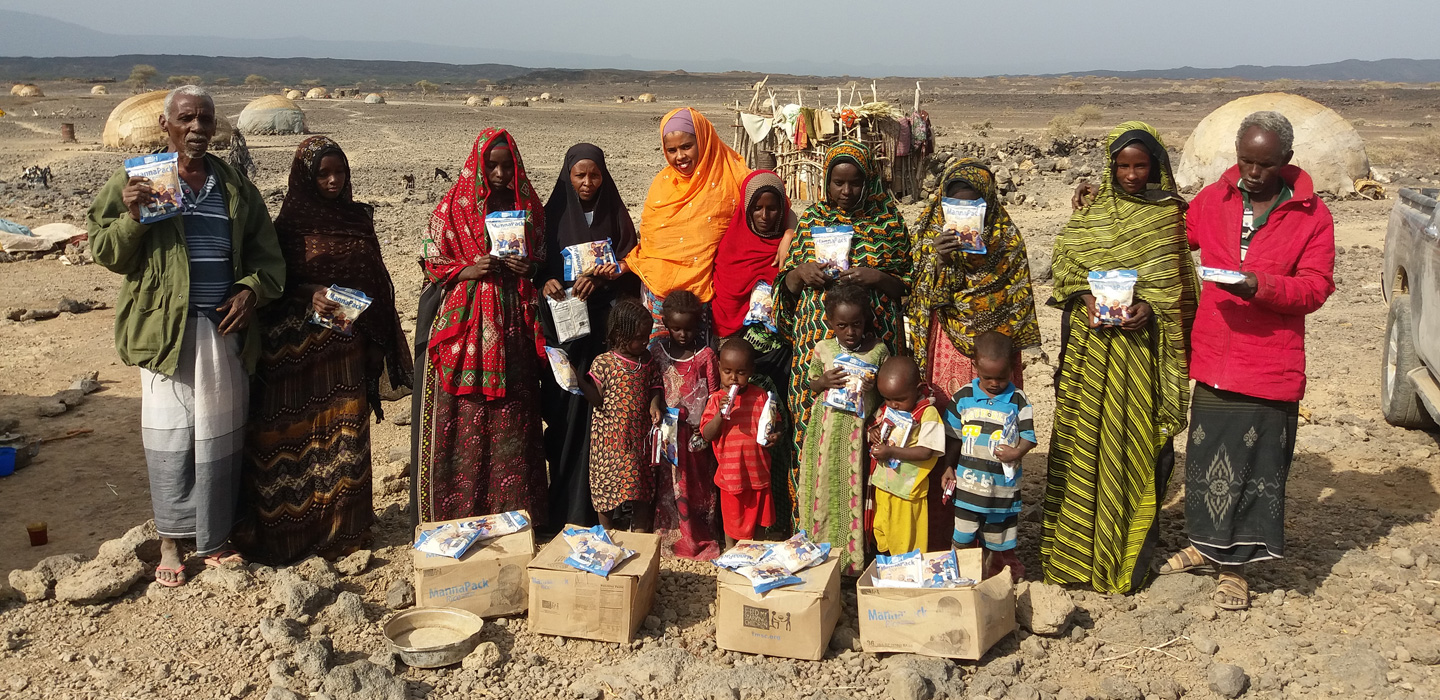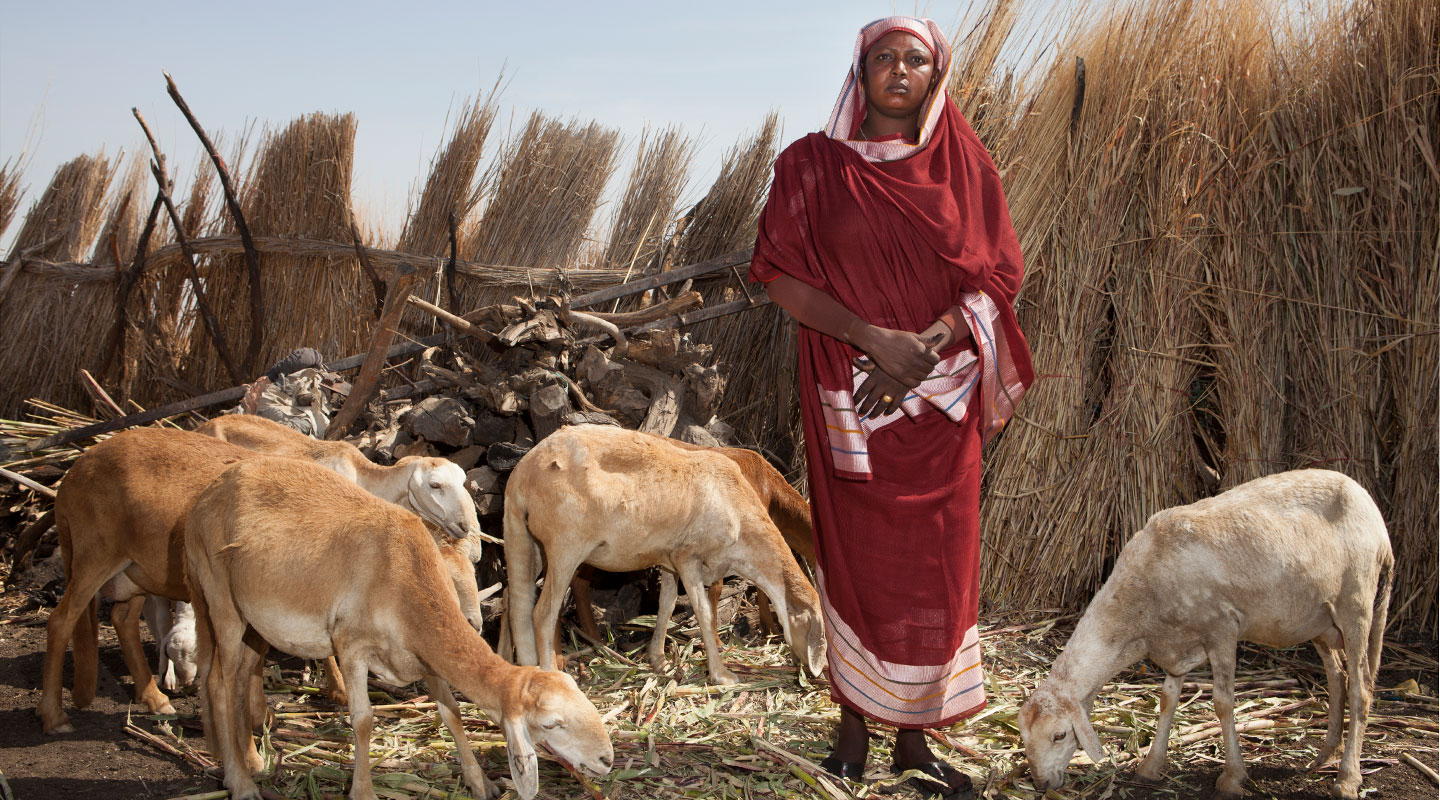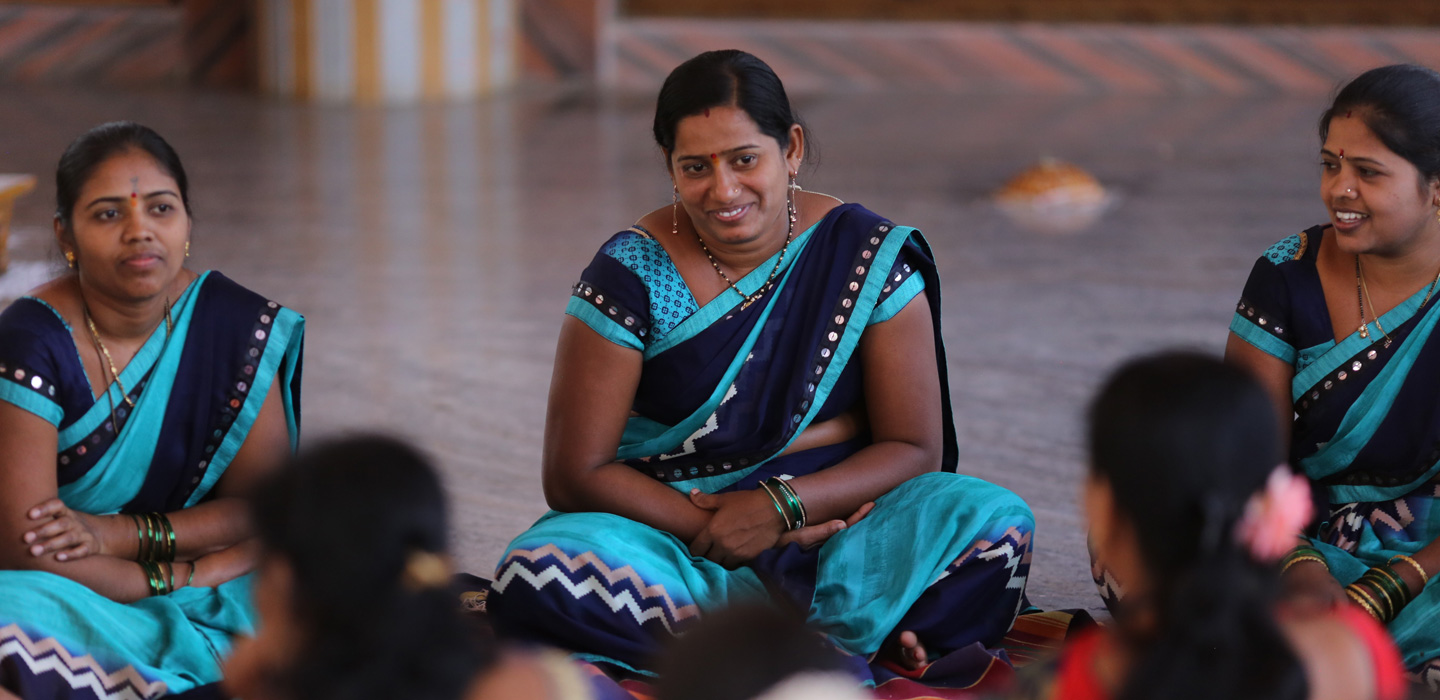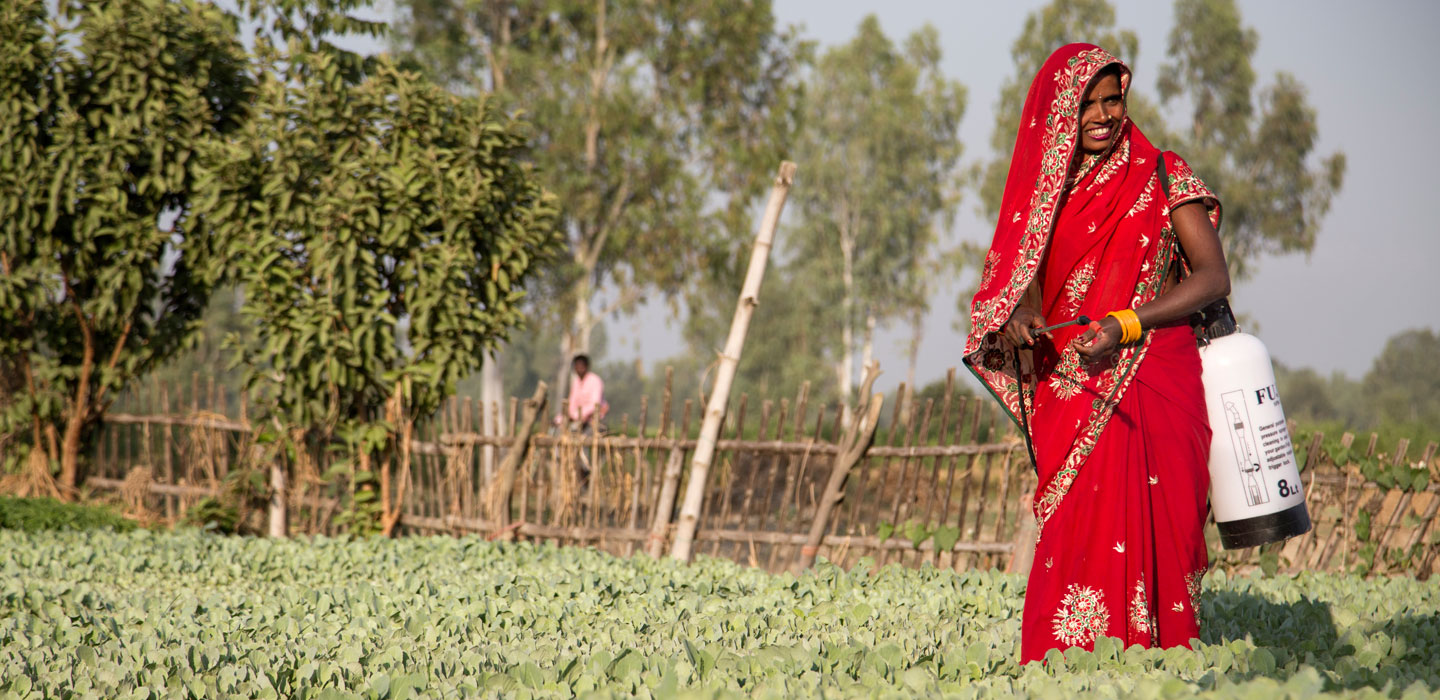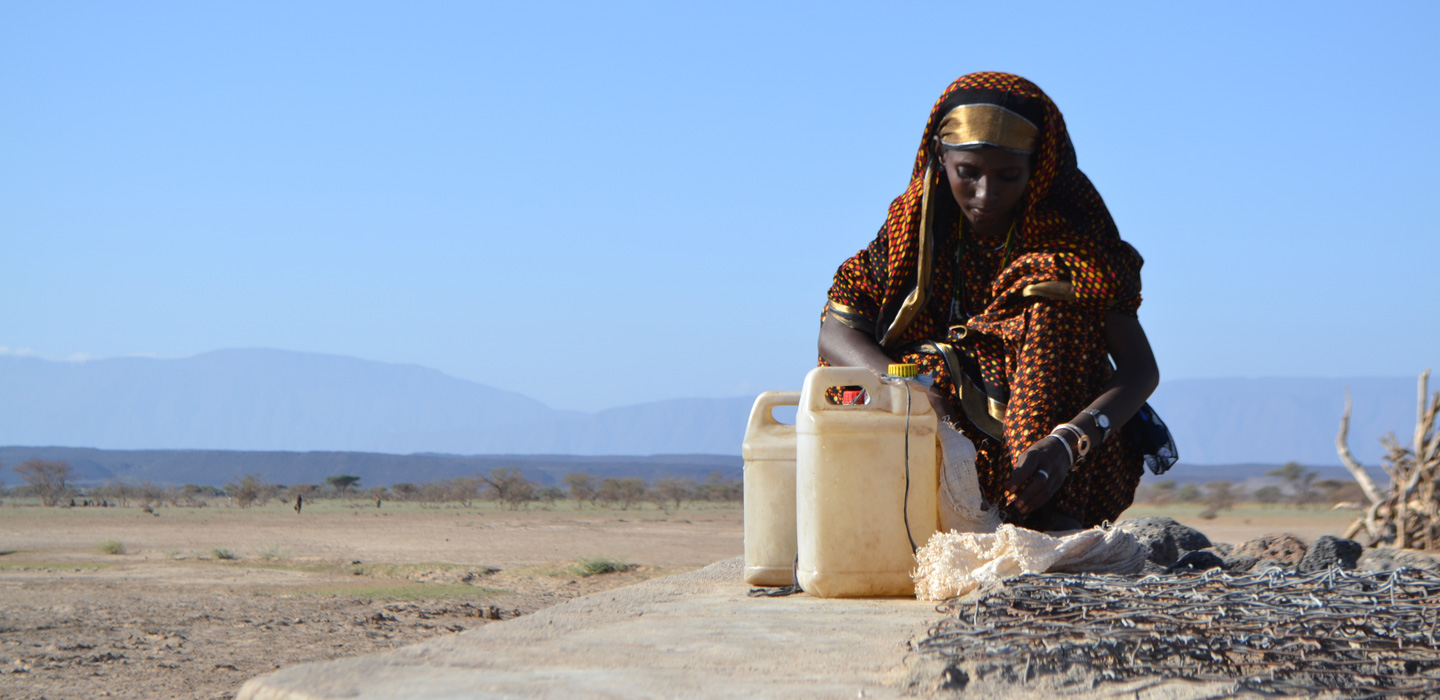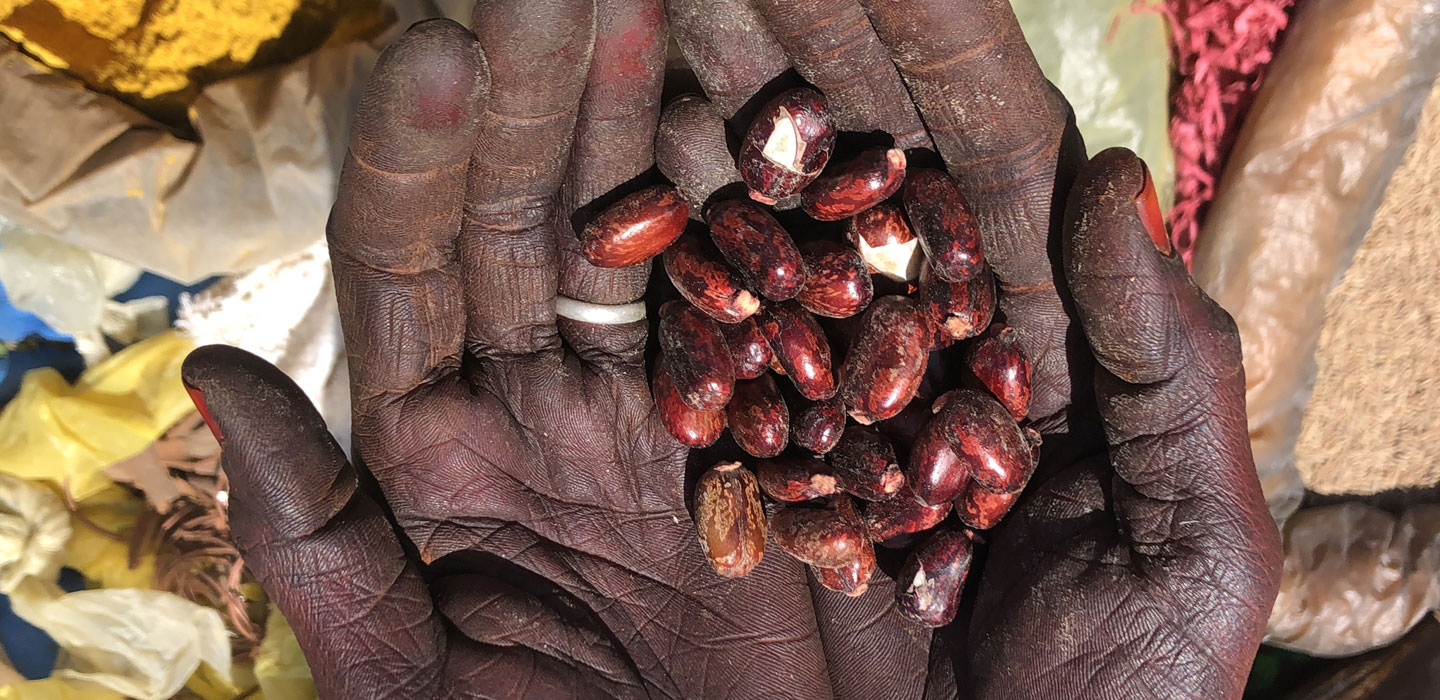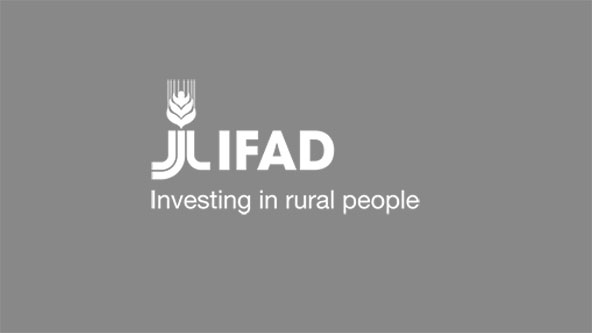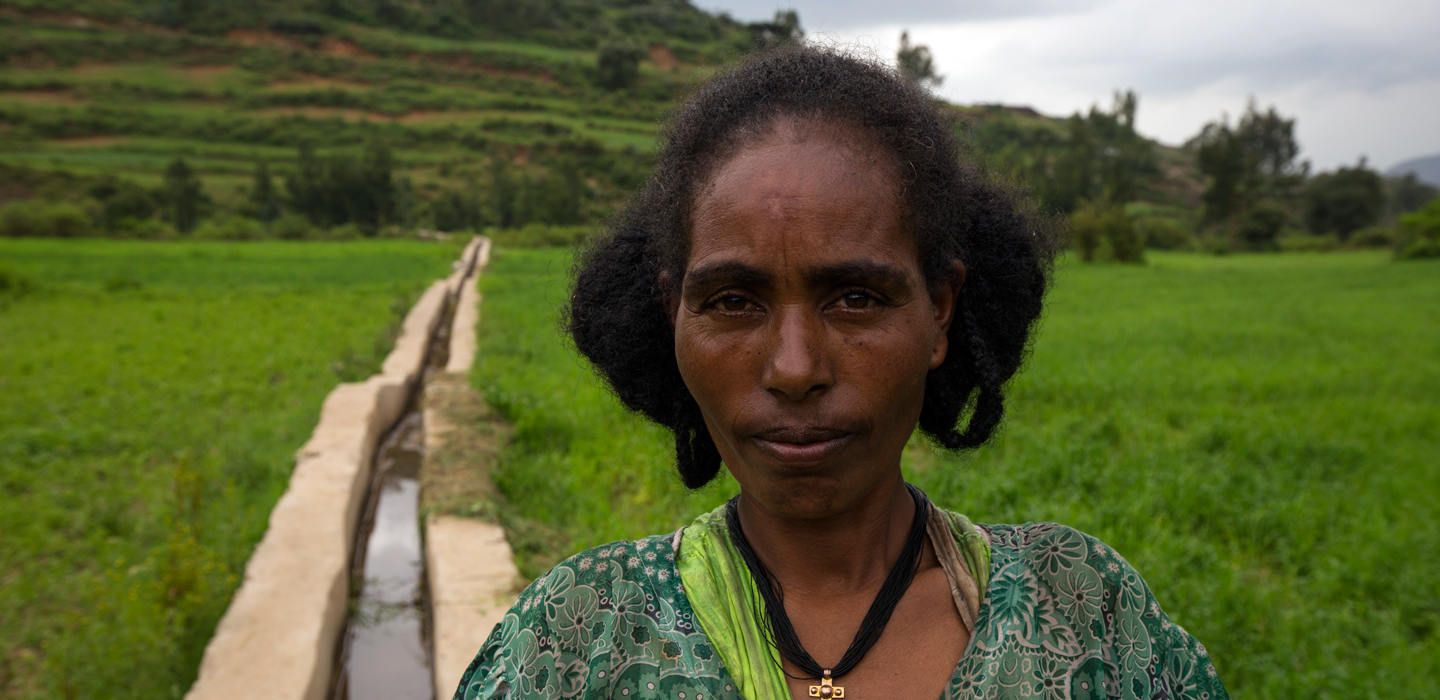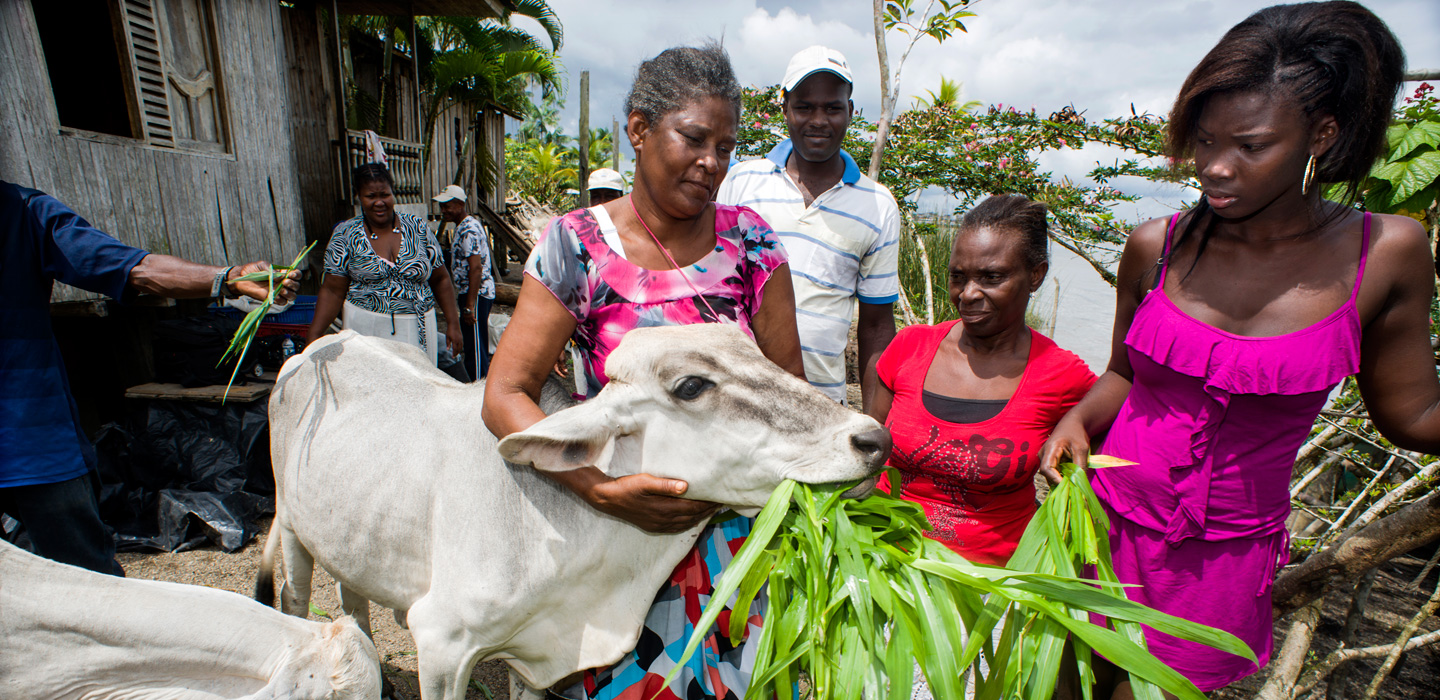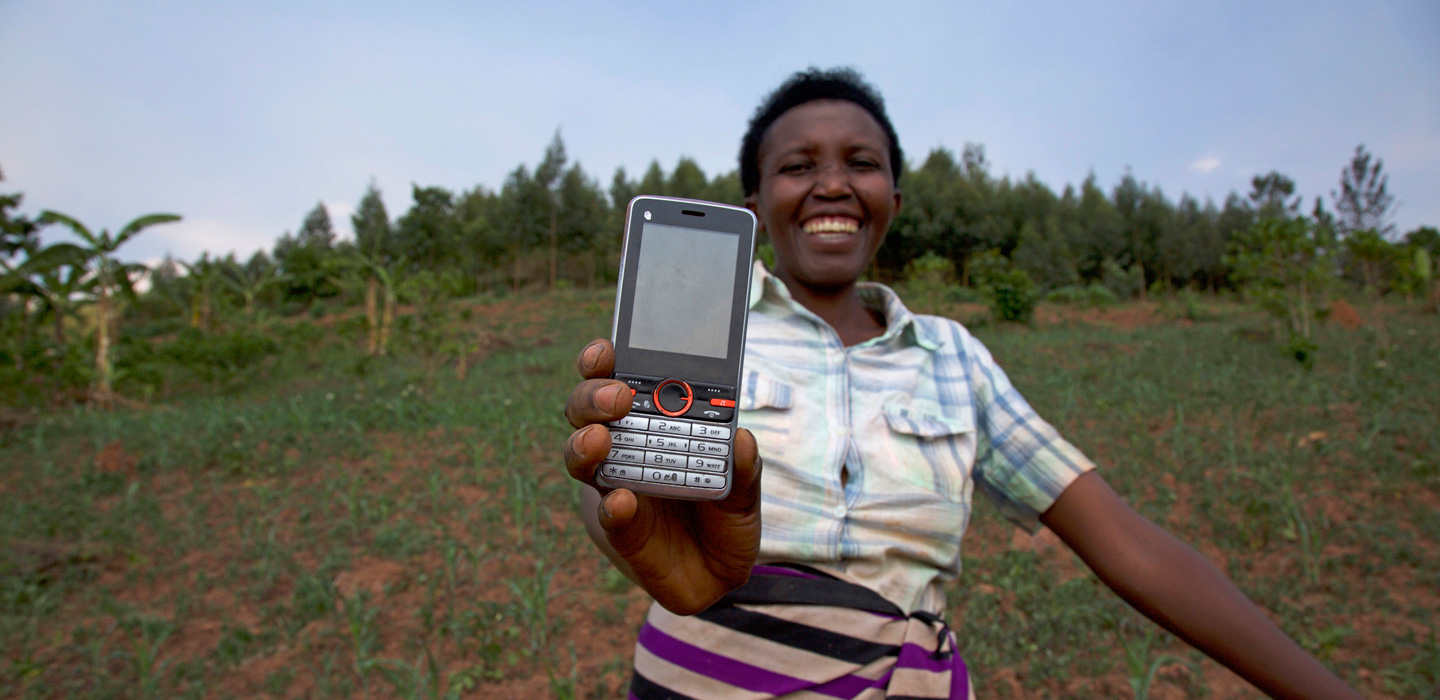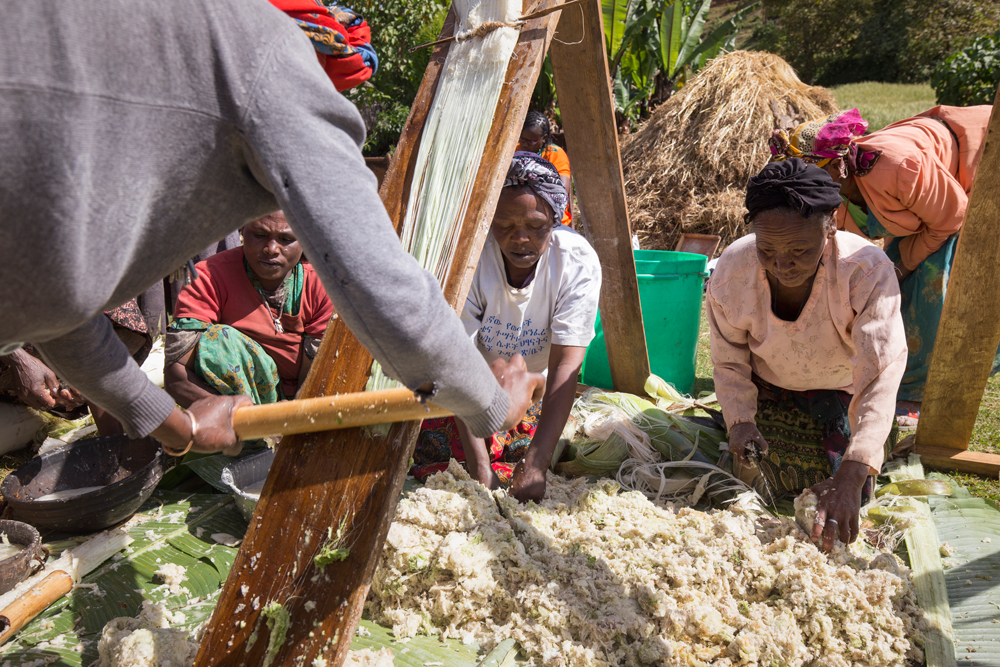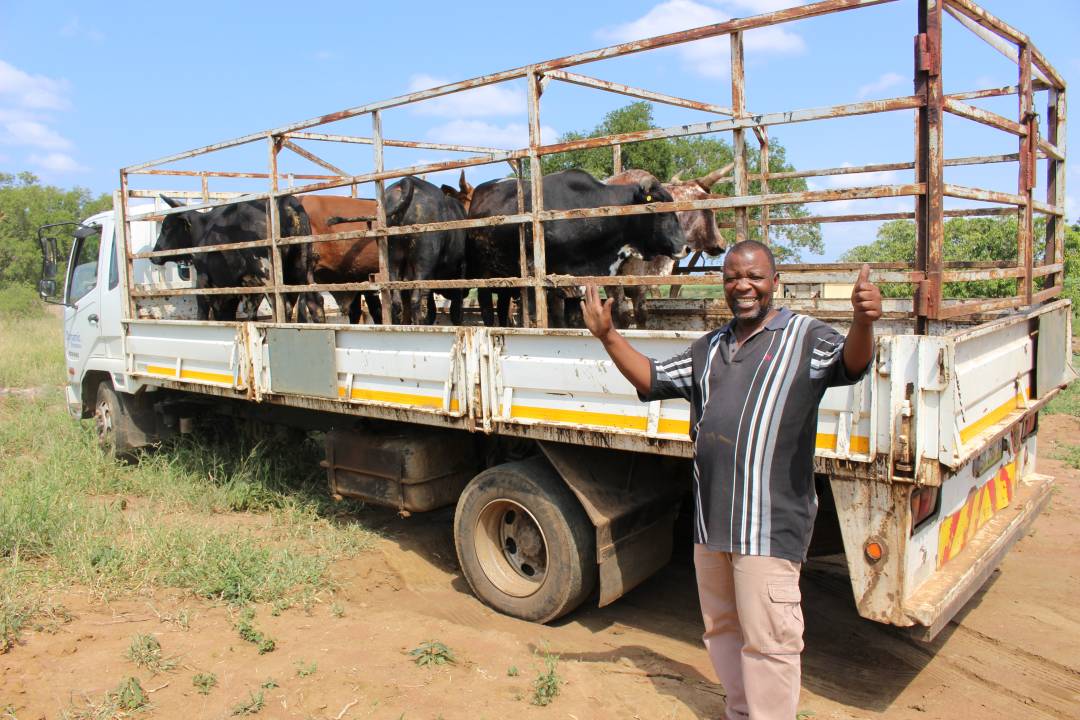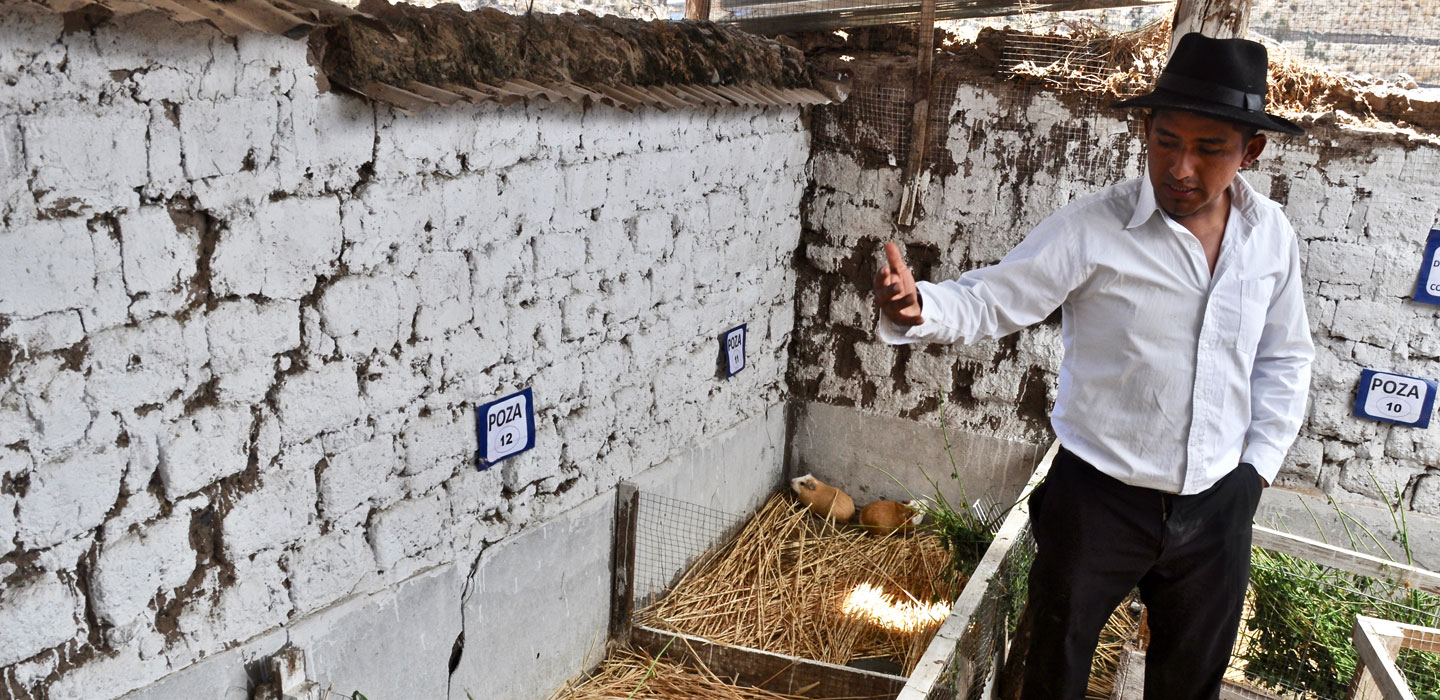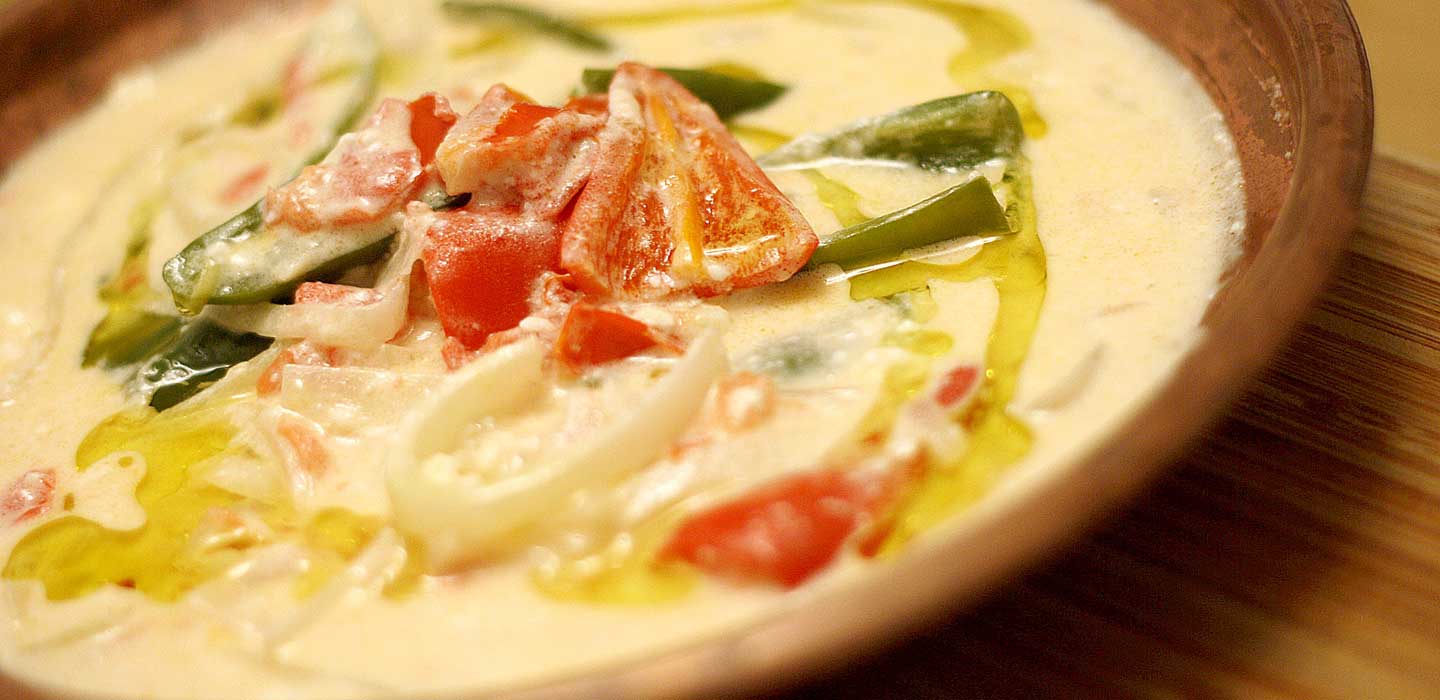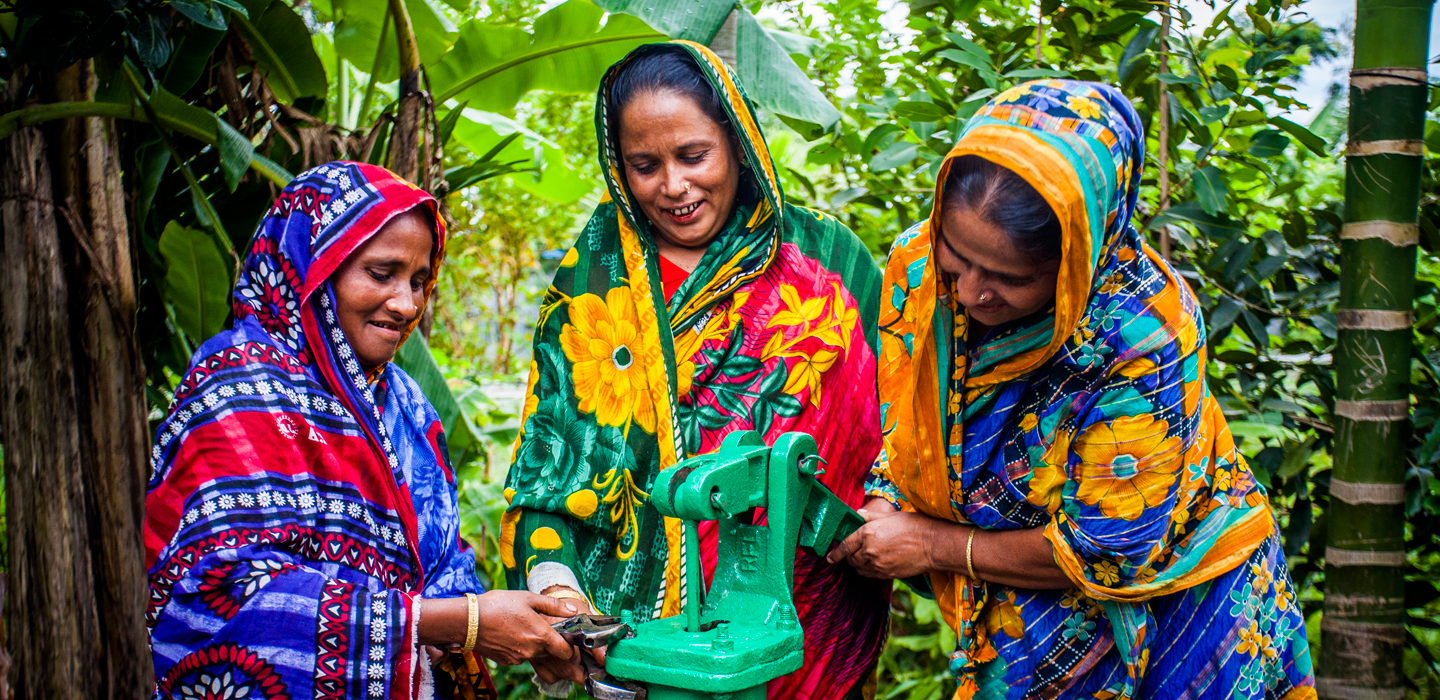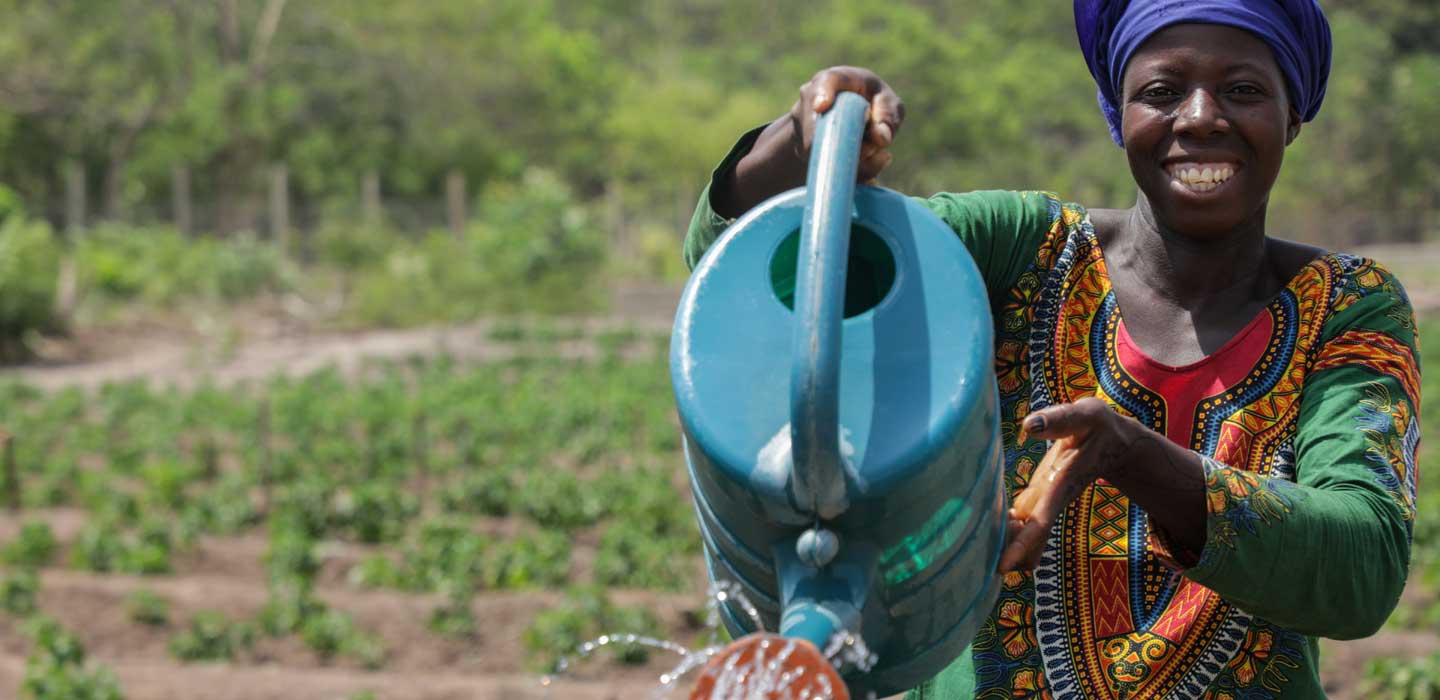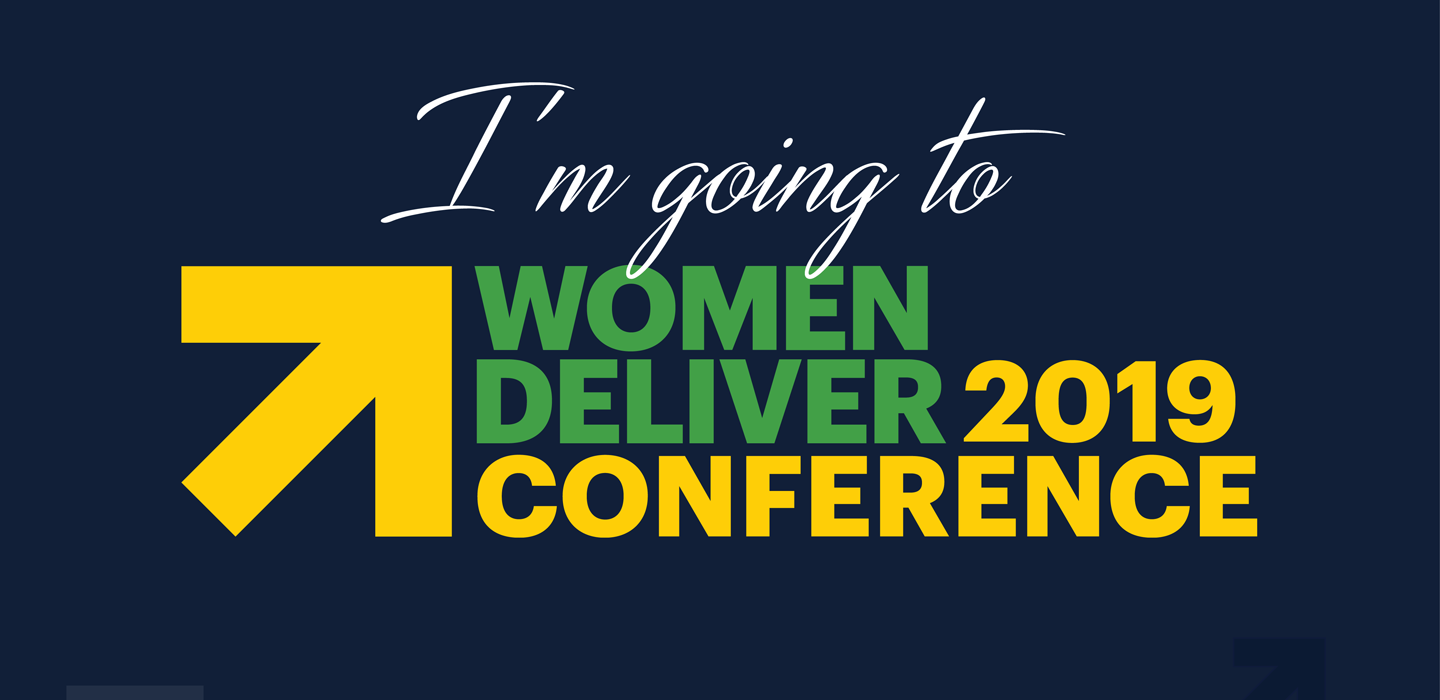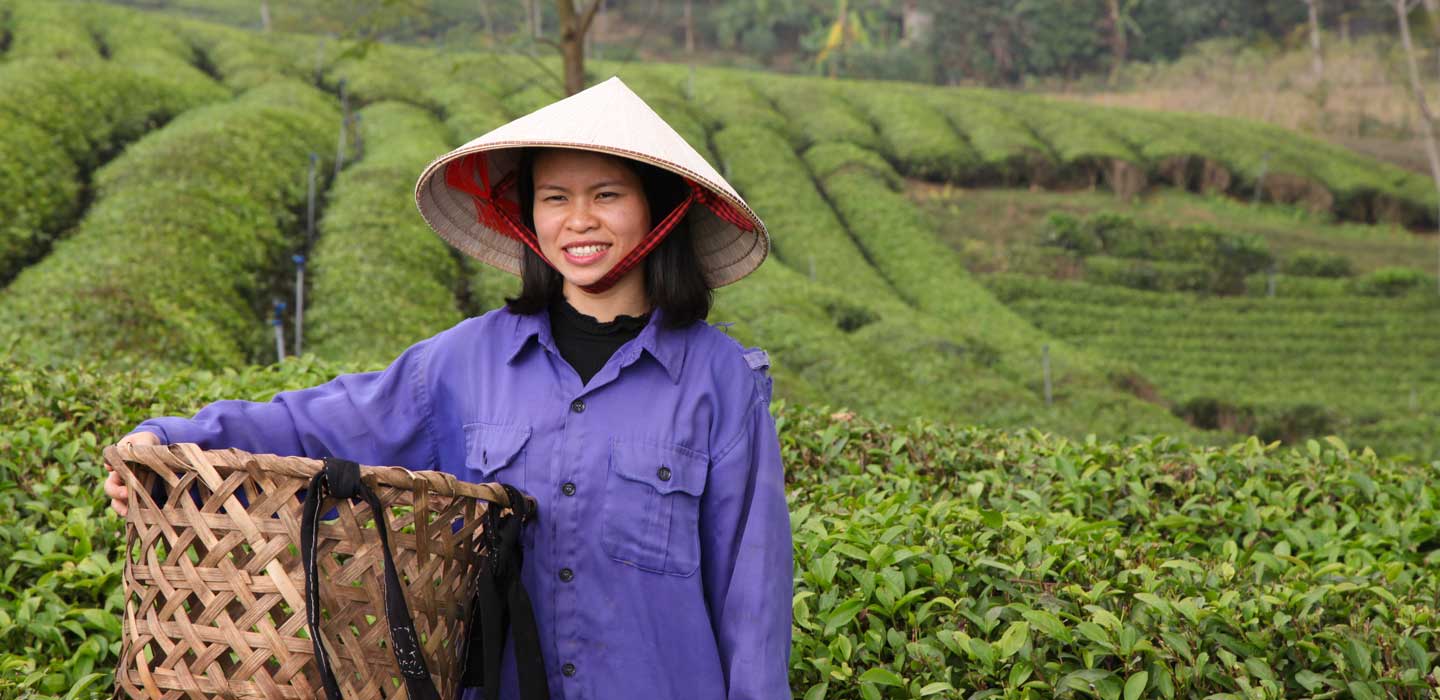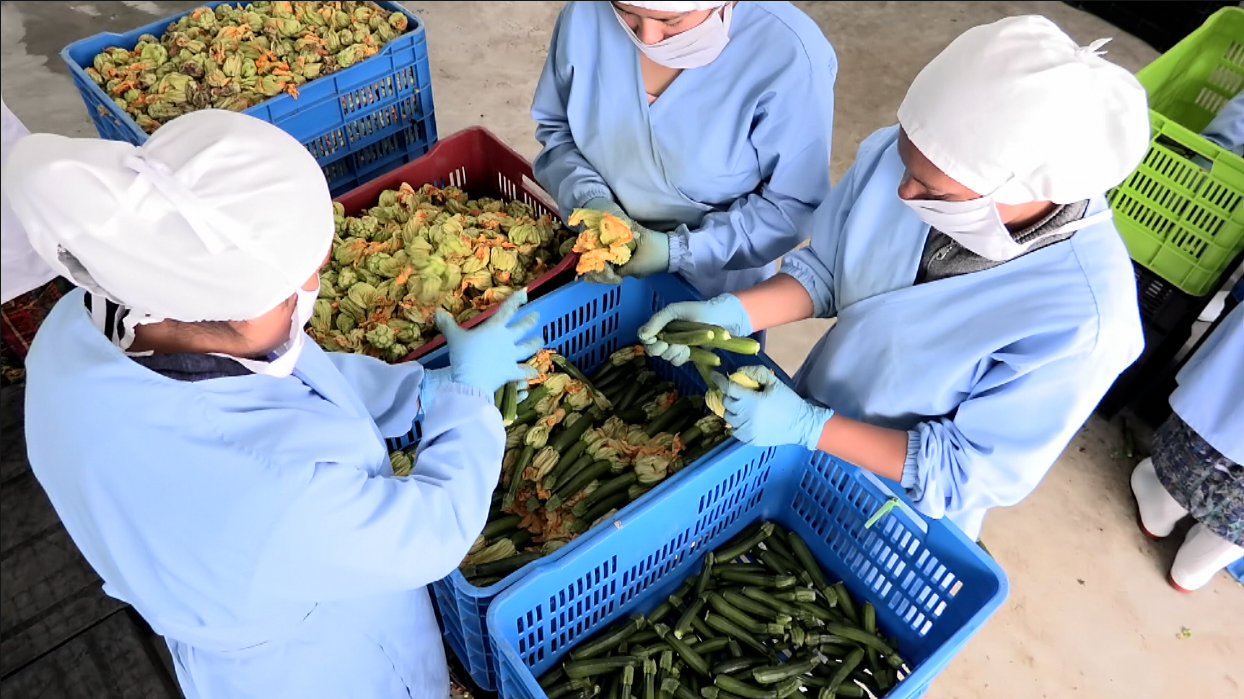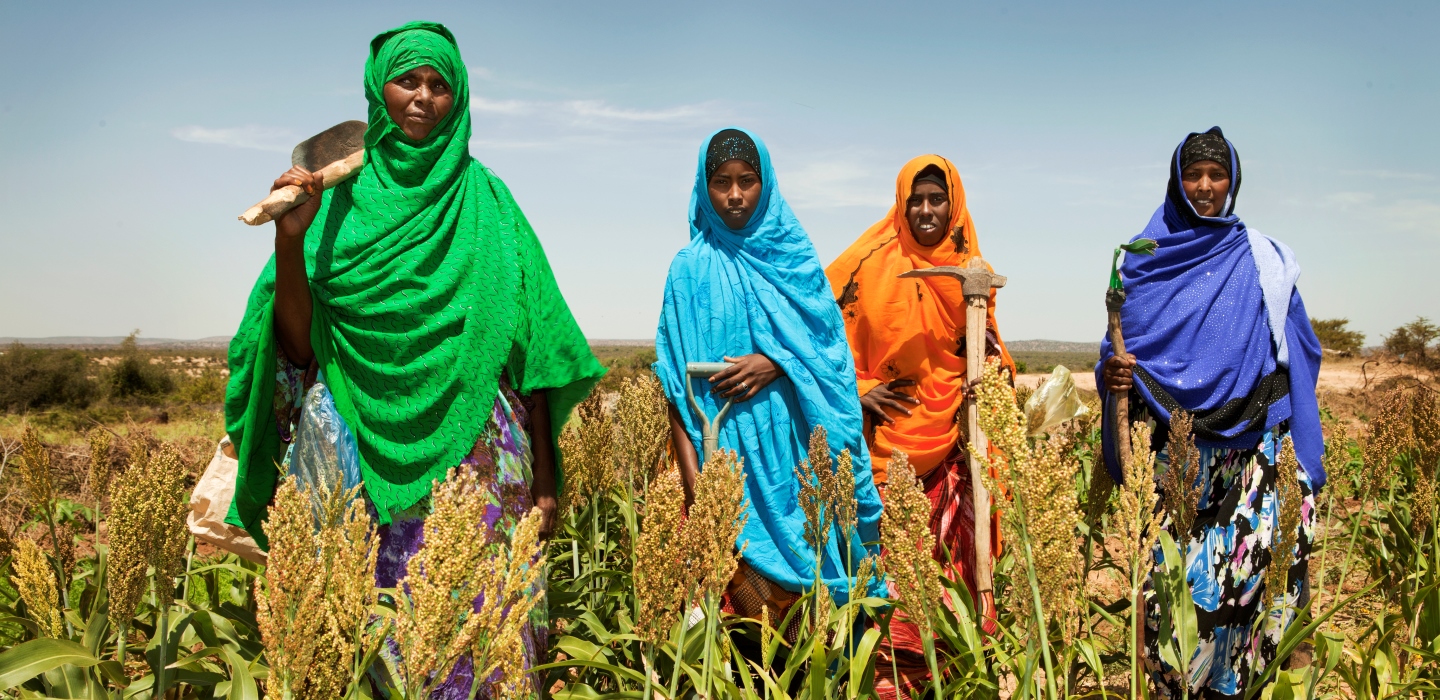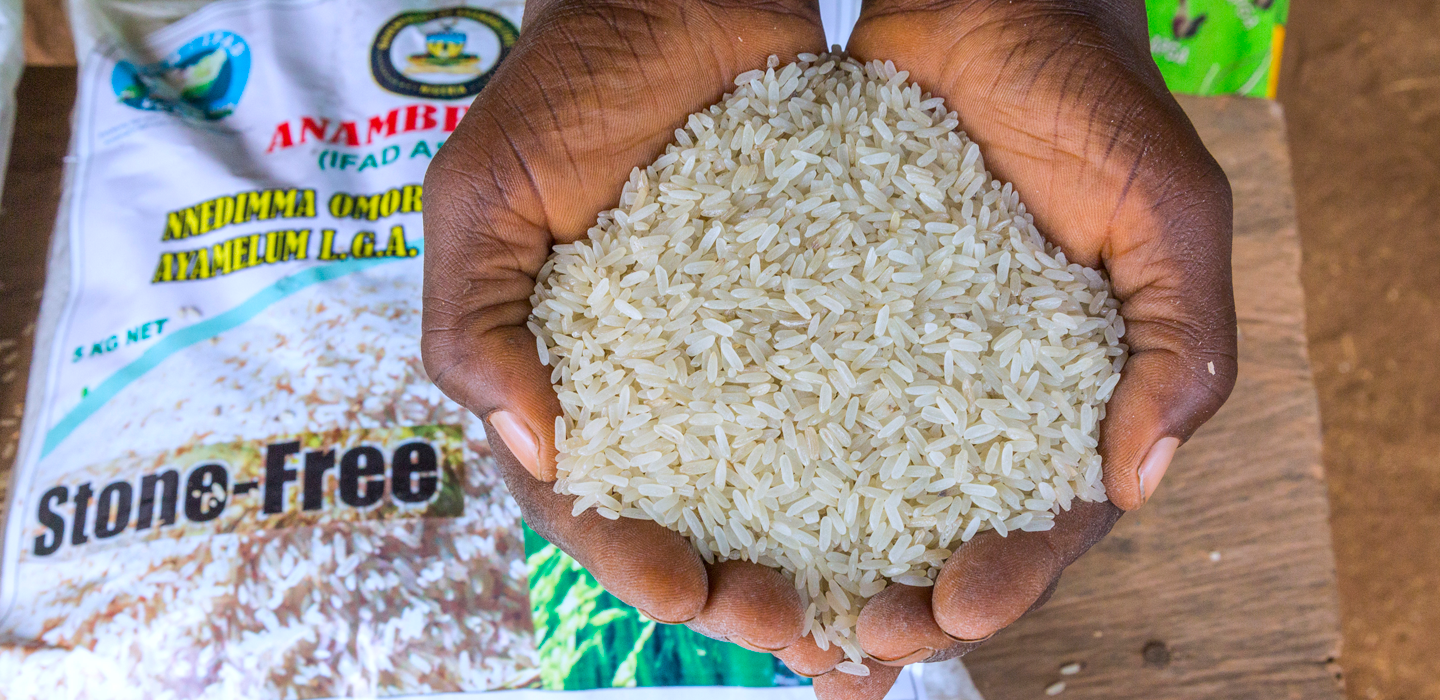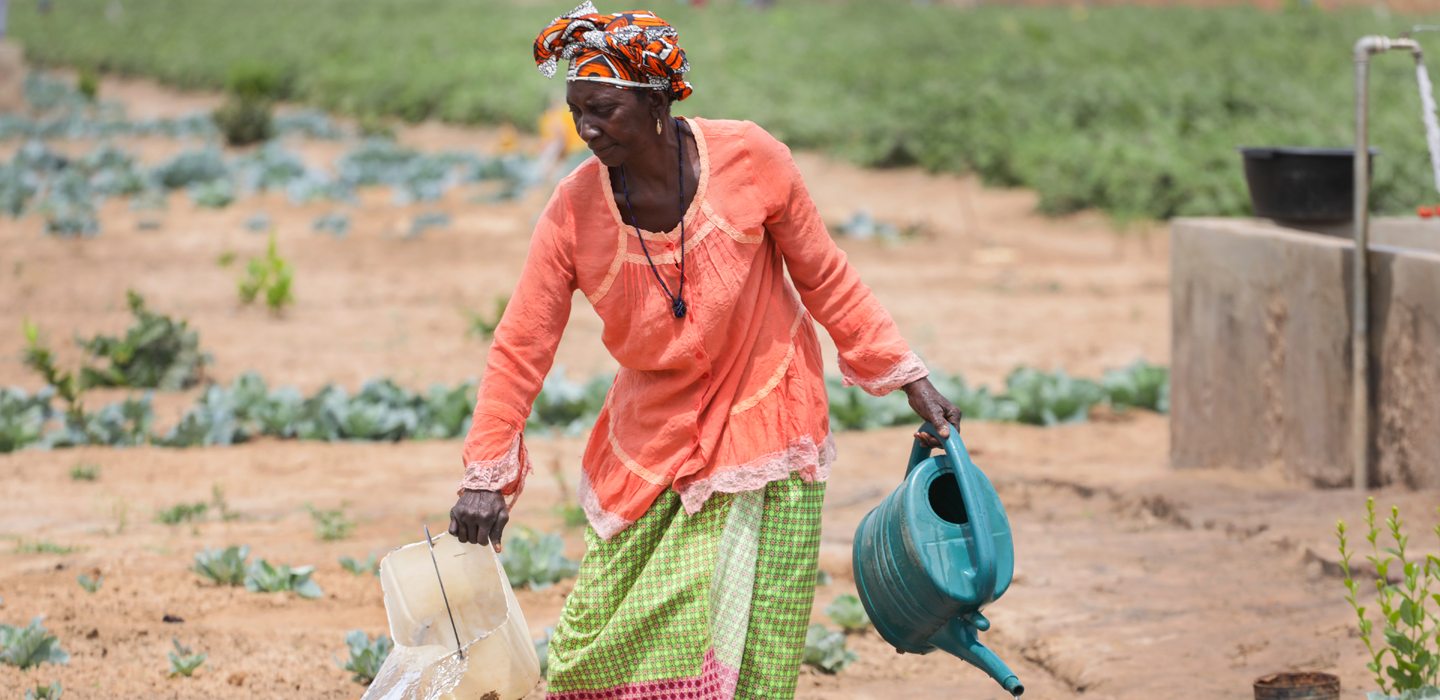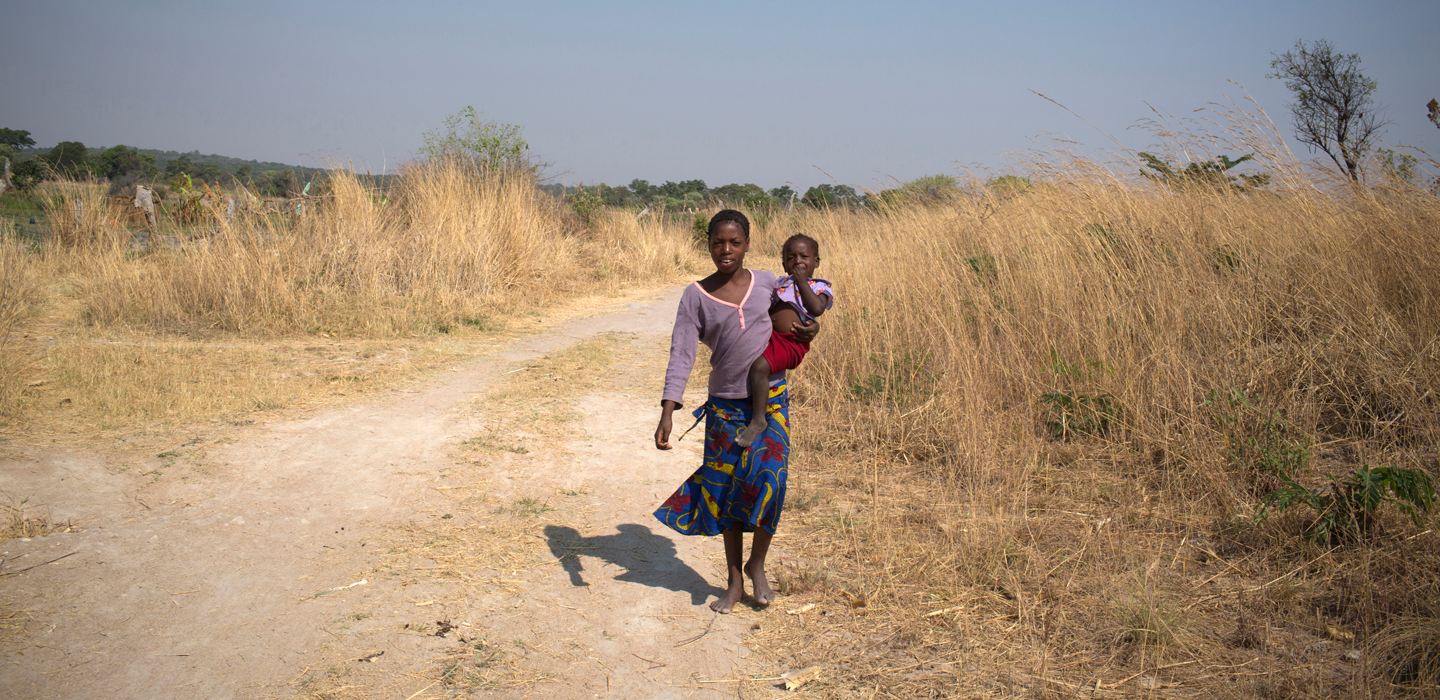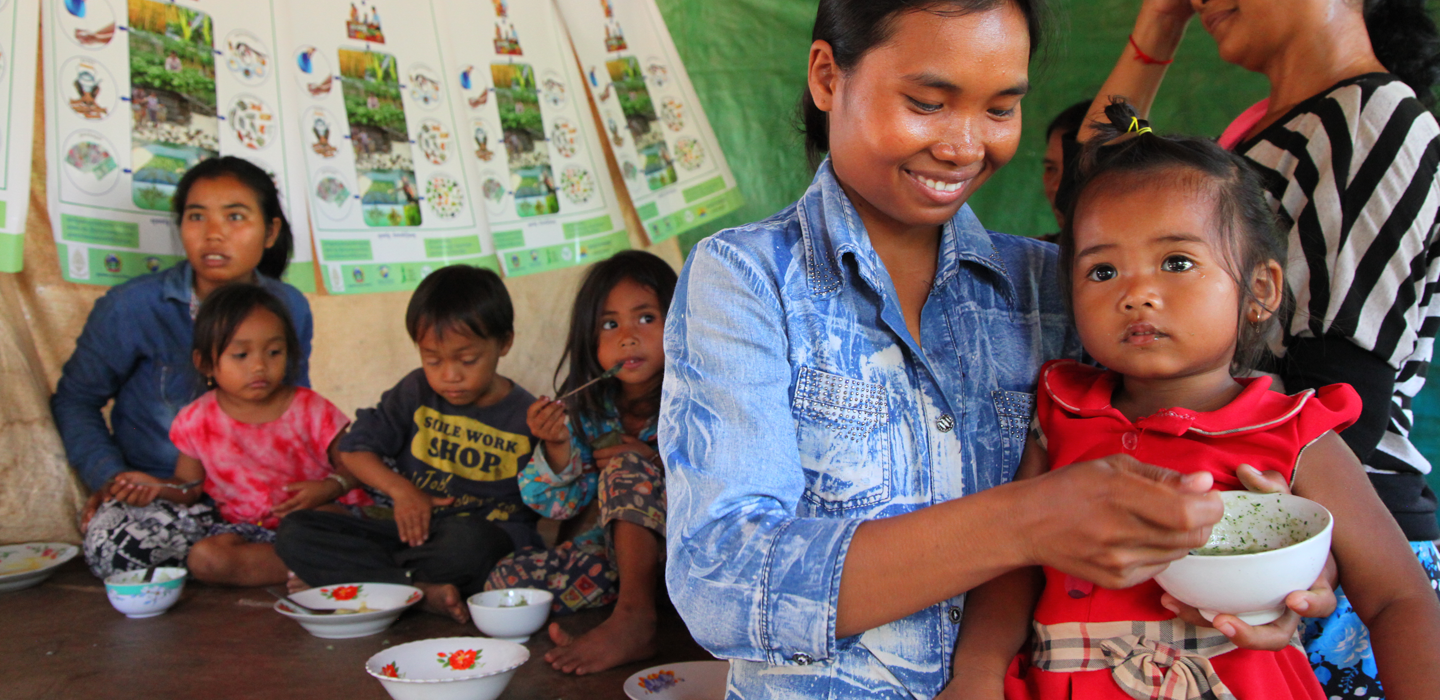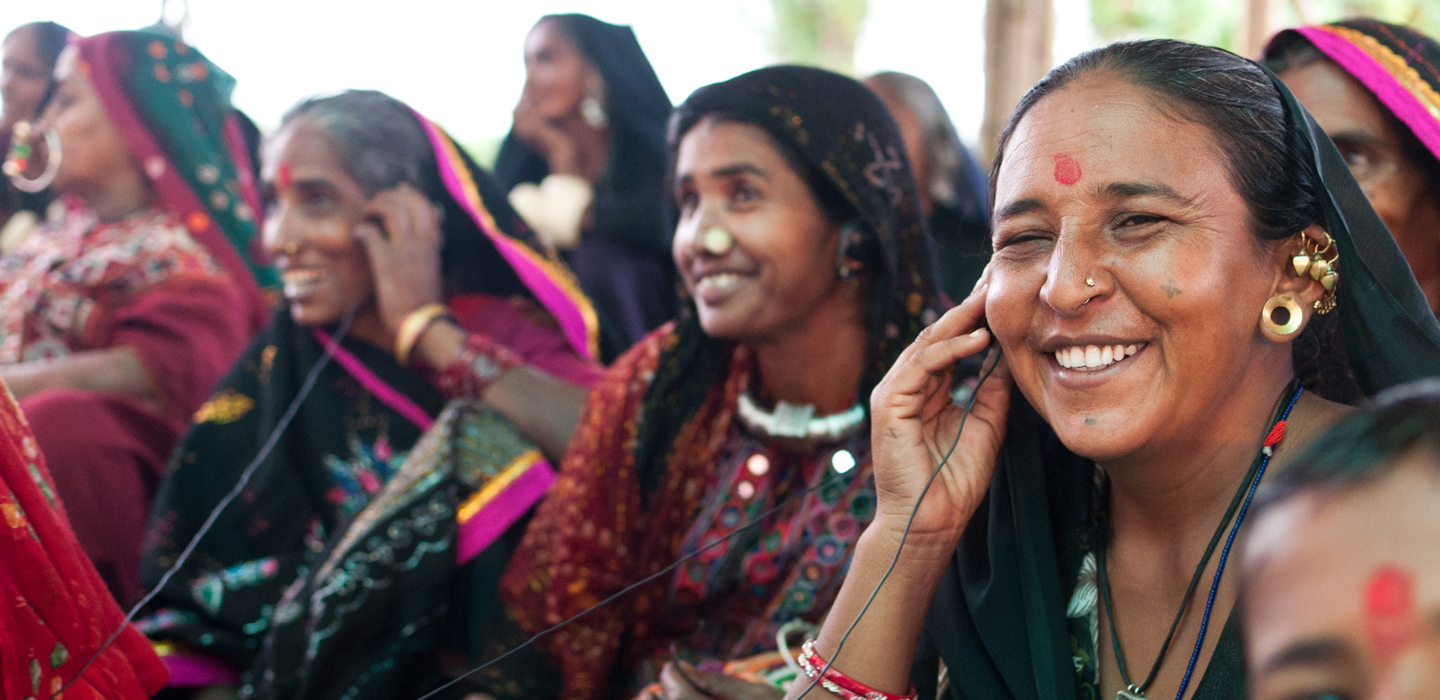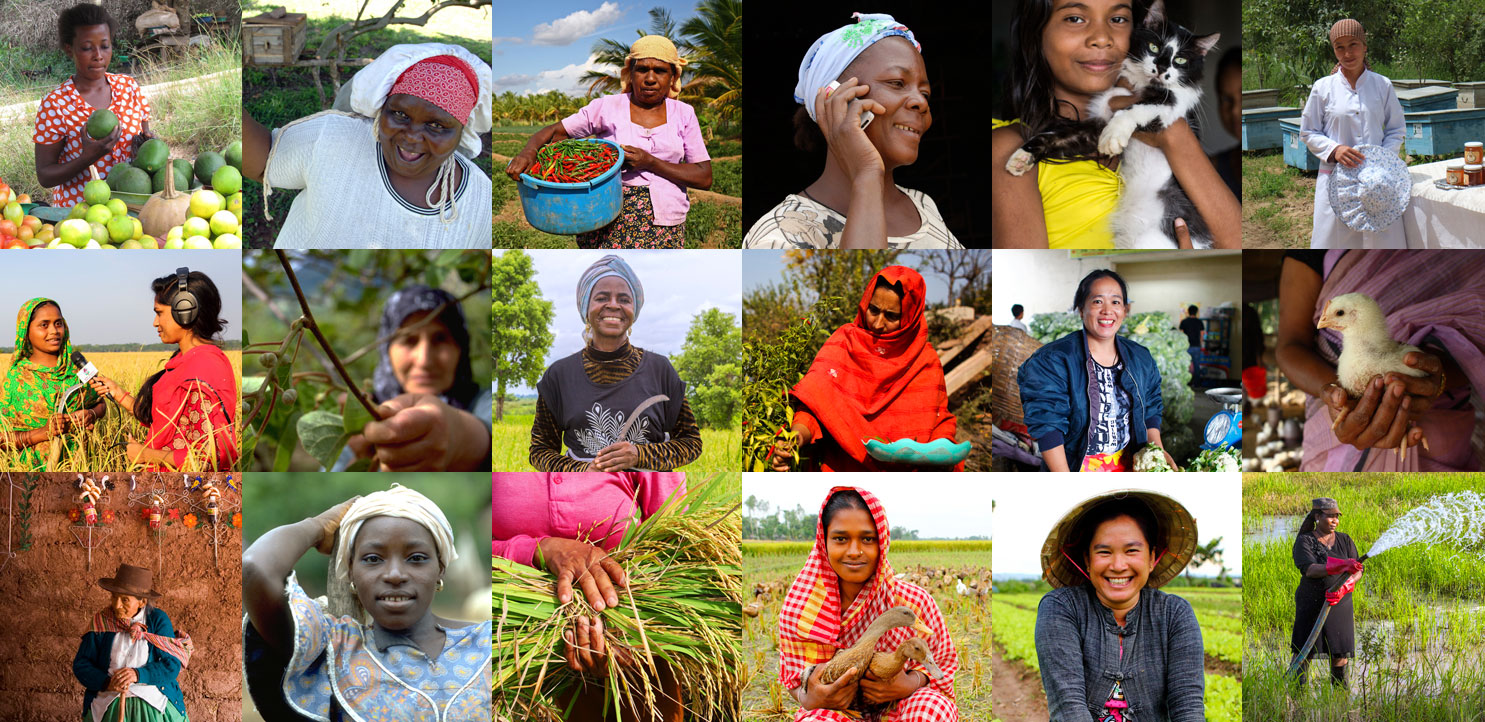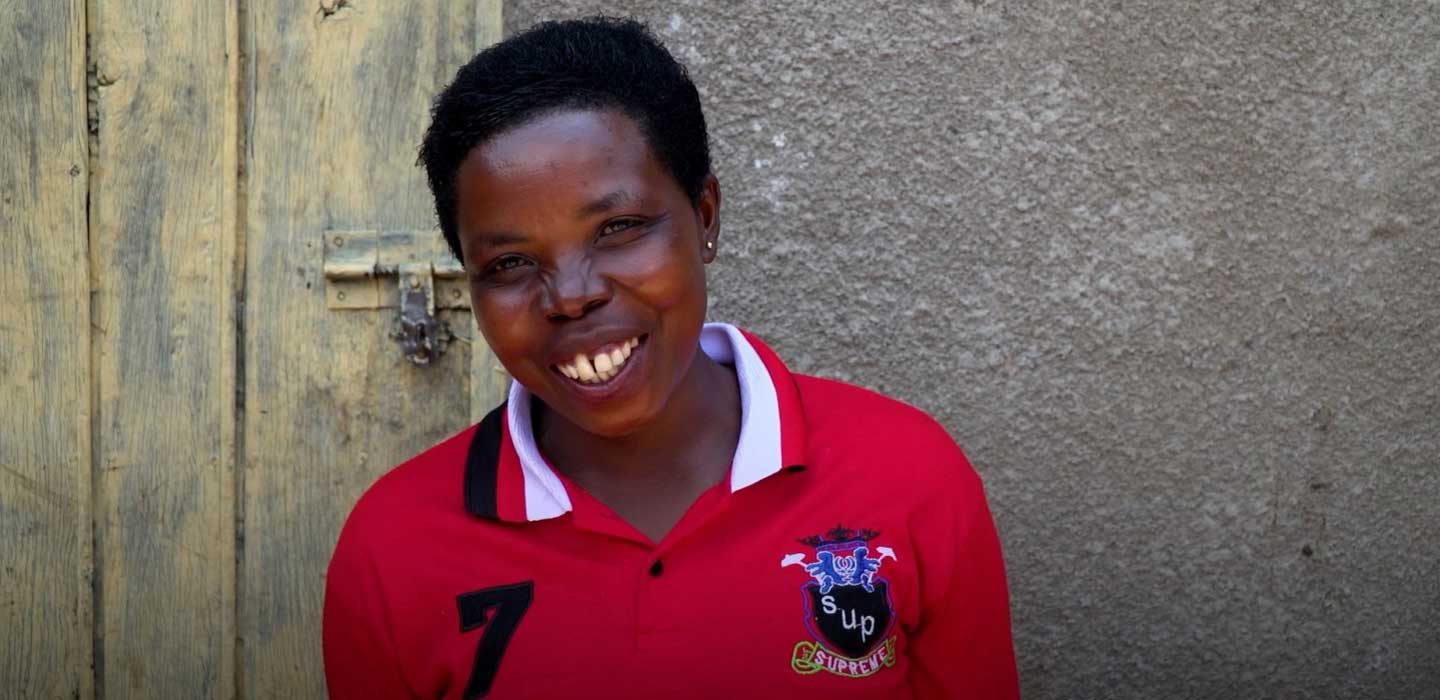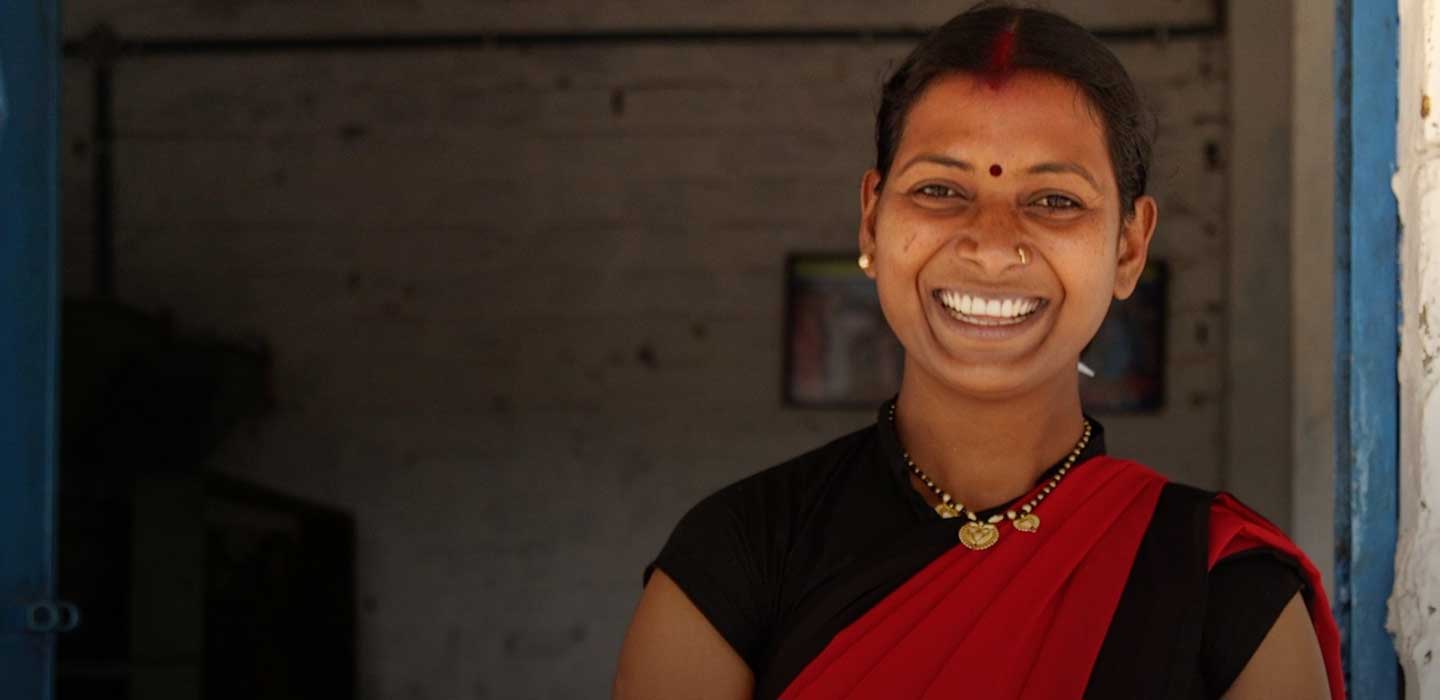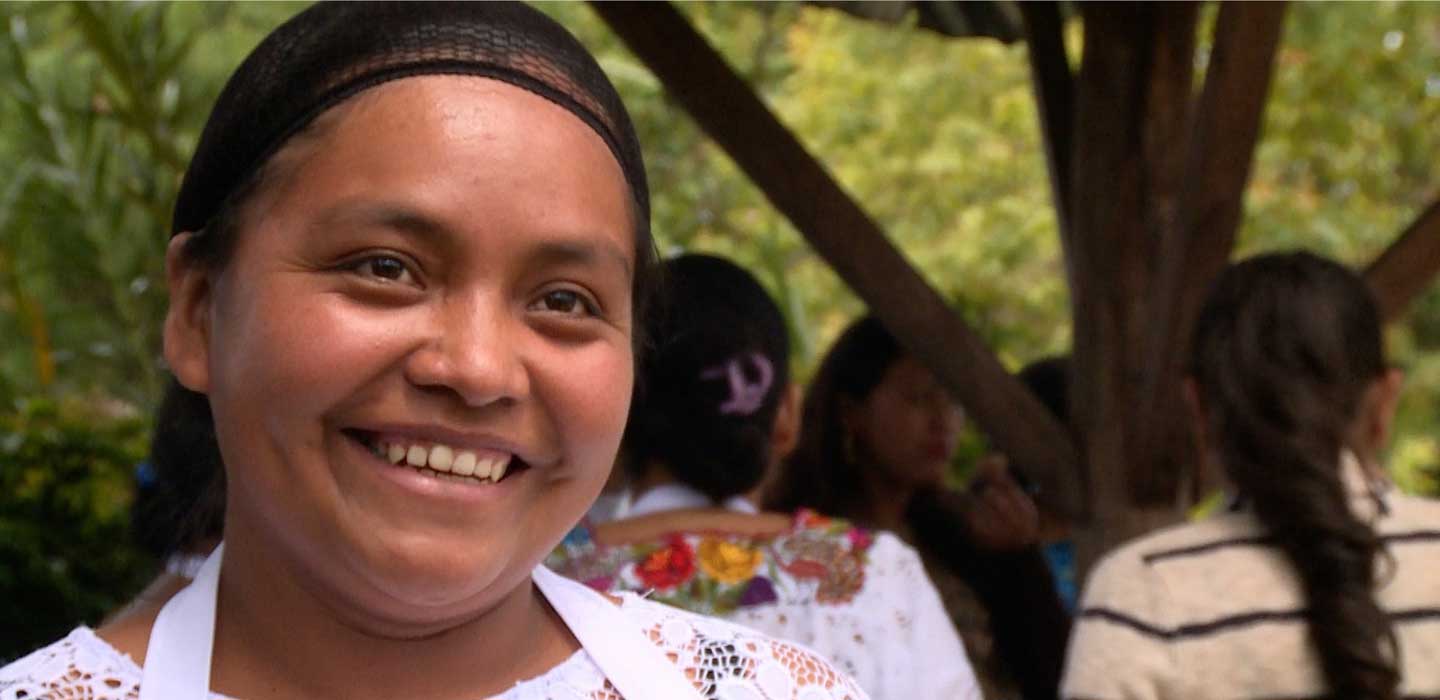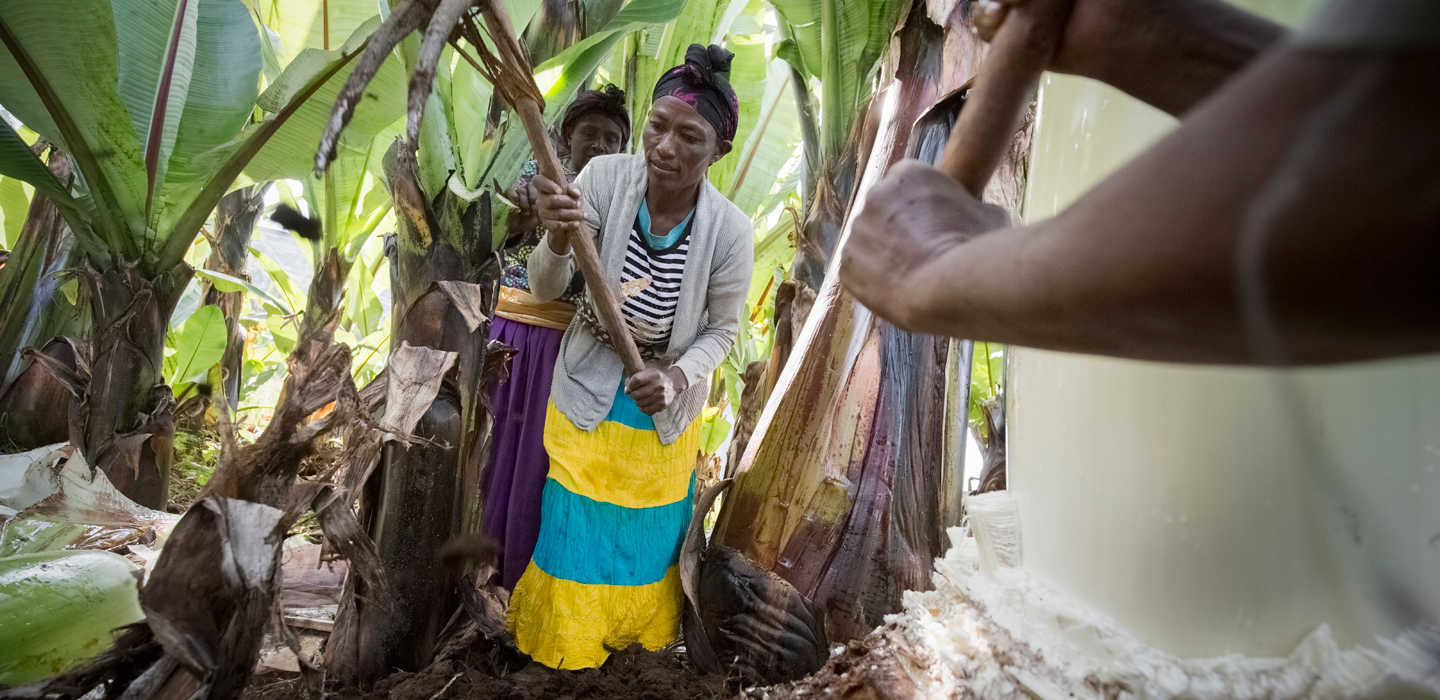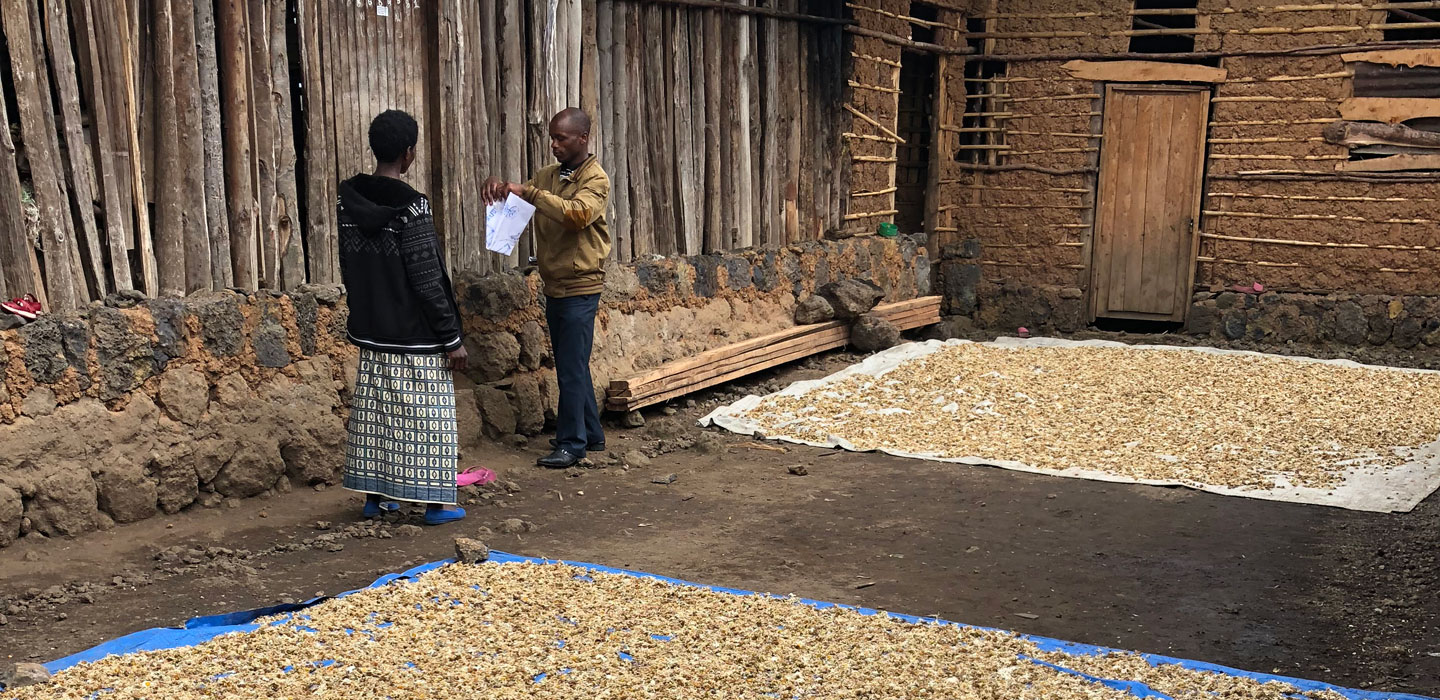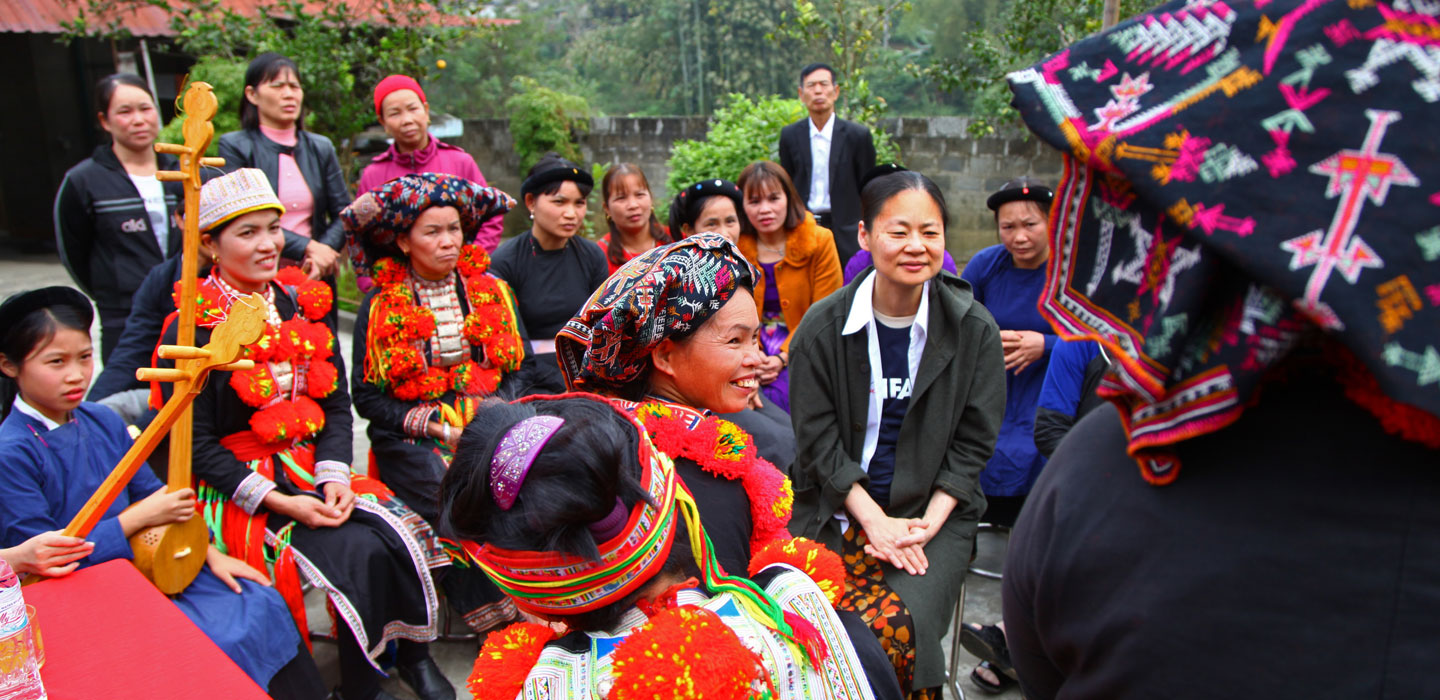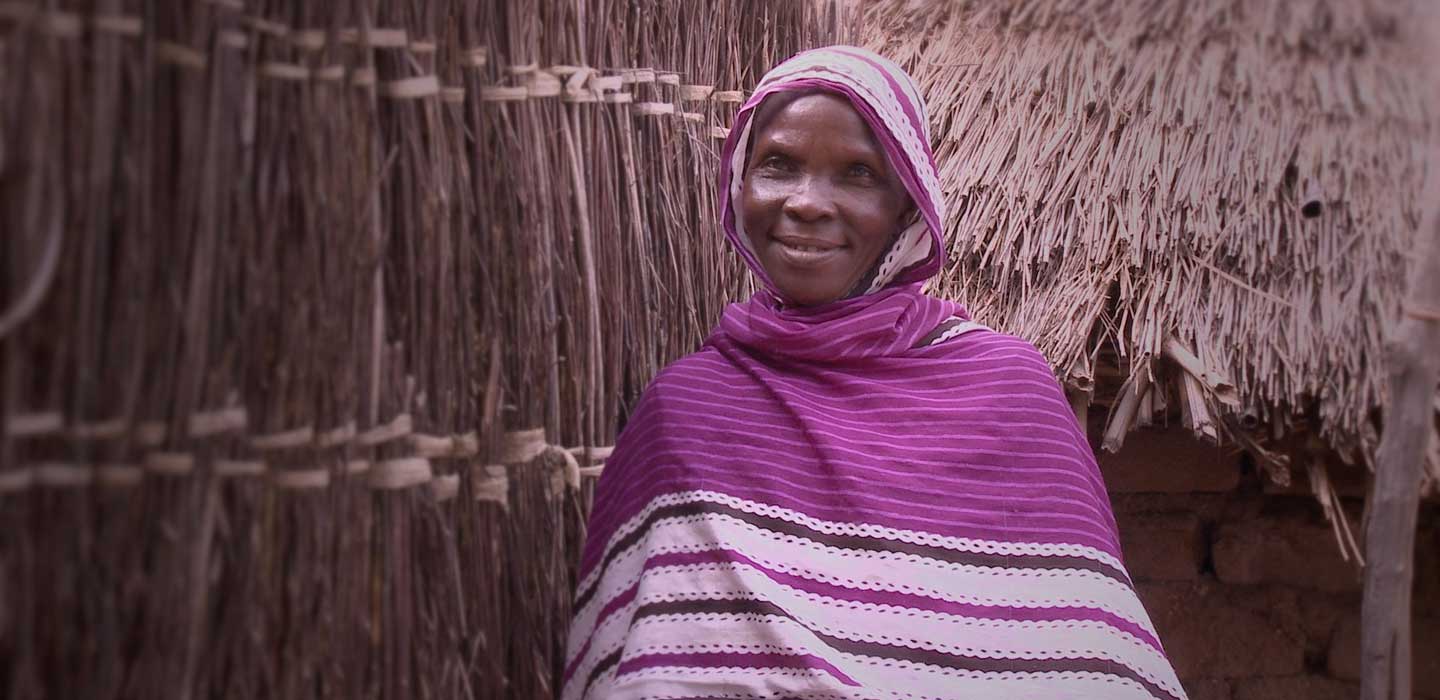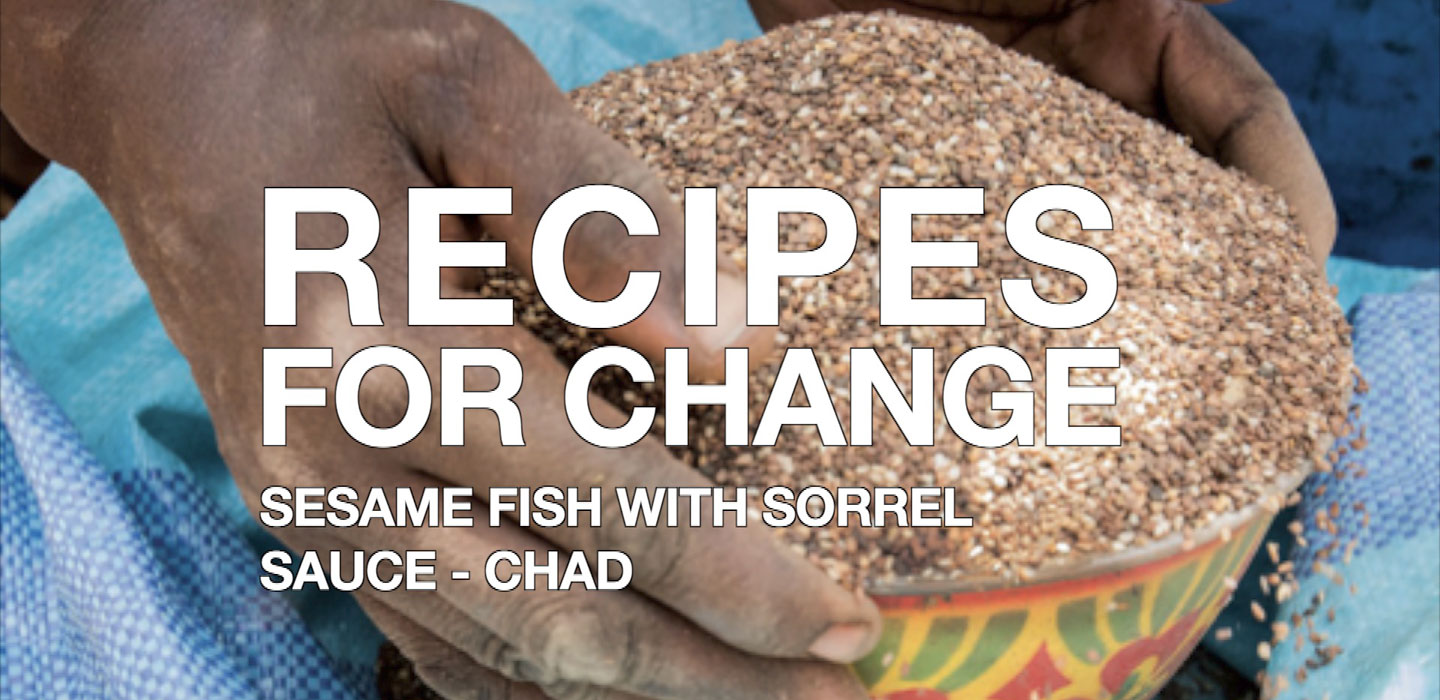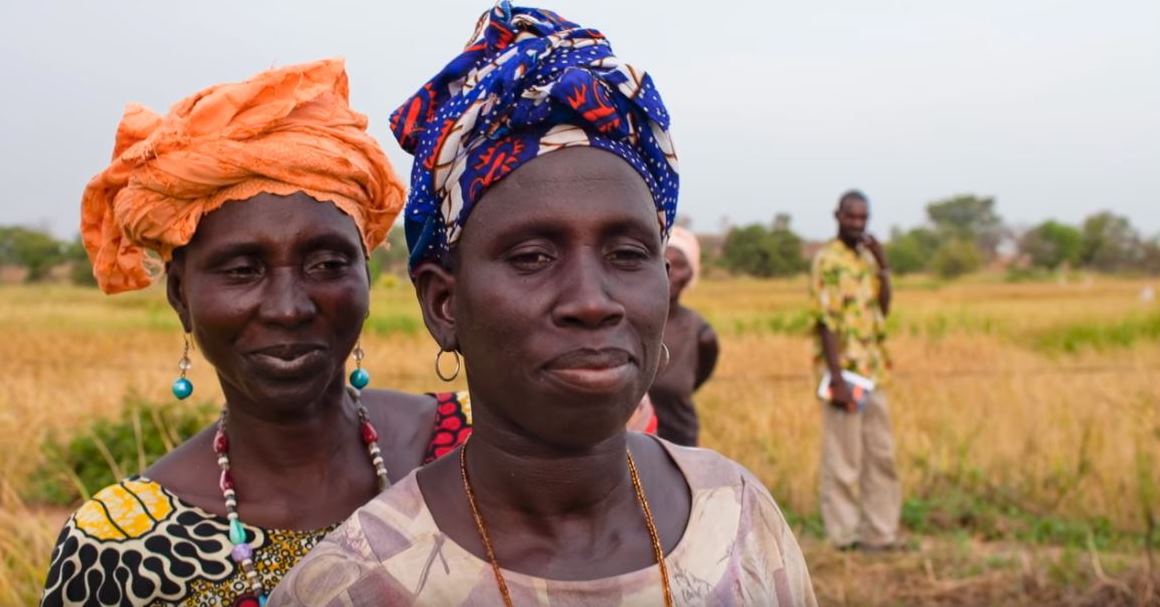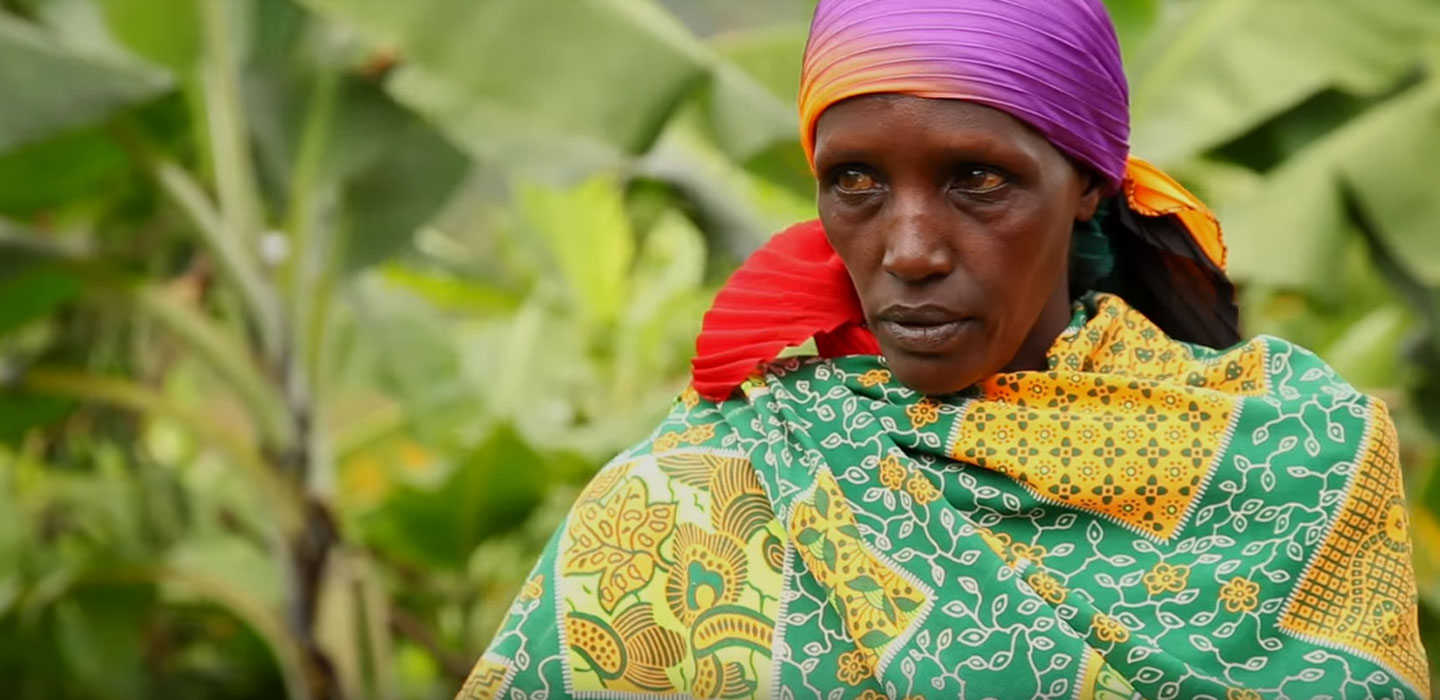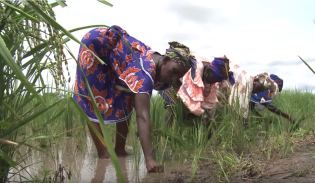Latest
Latest

Latest
Manual Submenu Topics
SearchResultsFilters
Search Results
Djibouti’s “mother counsellors” are agents of change
They guide women through all the steps of caring for a child – from conception and pregnancy to birth and the critical first years of a child’s life. Although this description might call to mind doctors, nurses or specialised health workers, it also includes another category of care provider that must not be overlooked – mother counsellors.
Securing sustainable food systems hinges on gender equality
The three United Nations' Rome-based agencies dedicated to food and agriculture called today for bolder action to achieve gender equality and empower women and girls in the agricultural sector and beyond.
India - economic and social empowerment for one million women
Ahead of International Women’s Day on 8 March, IFAD has highlighted the role community organizations have played in empowering one million women to fully participate in economic, political and social life in the western Indian state of Maharashtra.
The faces of empowerment
Rural women are key agents in the effort to achieve the economic, environmental and social transformations required for sustainable development. Ensuring their empowerment is crucial not only to their own well-being, but that of their families and communities.
Handle with care: Vulnerability, the human face of state fragility
Vulnerability and fragility might not be perfect synonyms, but they share a very similar meaning. Both words refer to something breakable, delicate and frail – something that needs to be handled with care.
Women Powering the Farming Future - Episode 4
In IFAD's Podcast Episode 4, we gear up for International Women’s Day and look at how women are powering the farming future.
Talking about climate risk insurance with women in Ethiopia: How to improve value, access, and delivery
Women in Ethiopia and the world over play a huge and growing role in farming and food production.
Call for proposals: Stepping up IFAD’s gender transformative agenda - Women’s land rights initiative
This call for proposals is to select a recipient or consortium of recipients to receive a three-year IFAD grant financing to implement the project: Stepping up IFAD’s gender transformative agenda - Women’s land rights (WLR) initiative, for a total amount of up to US$3 million.
Building women’s resilience and livelihoods
Around the world today, women make up over half the people working in agriculture – as smallholders, market gardeners, wage labourers, unpaid workers on family farms – and that figure is on the rise.
New Report: Investments in indigenous peoples, youth and women essential to fight climate change in Latin America and the Caribbean
Development projects that integrate investments in rural indigenous peoples, youth and women with measures to adapt to climate change are more likely to be successful in Latin America and the Caribbean, according to a new report launched today by IFAD.
Mobile money: A product of choice for women to send and receive remittances
Women constitute the majority of remittance recipients globally and remittances have an impact on both women’s actual income as well as on social norms.
As climate shocks intensify, UN food agencies urge more support for southern Africa's hungry people
The Food and Agriculture Organization (FAO), the International Fund for Agricultural Development (IFAD) and the World Food Programme (WFP) are calling for urgent funding to avert a major hunger crisis and for the international community to step up investment in long-term measures to combat the impact of climate shocks and build the capacity of communities and countries to withstand them.
‘This is how we rise’ – Rural Women’s Day
A powerful short film featuring acclaimed poet Maya Angelou was launched today by IFAD on the International Day of Rural Women to raise awareness of the power and potential of rural women to help fight global hunger.
Call for proposals: Grant to implement inclusive red meat value chains for women and youth farmers in Eastern and Southern Africa
This call for proposals is to select a recipient or consortium of recipients to receive a three-year IFAD grant financing to implement the project: Inclusive red meat value chains for women and youth farmers in Eastern and Southern Africa for a total amount of up to US$2 million.
Women and youth lead change in Lima's highlands and high rainforest
The resilience of smallholder farmers, coupled with the support of development projects is allowing Peru’s rural people to progress towards better living standards. Women and youth are very often on the frontline of that effort.
Recipes for Change: Ema datshi and millet momos
Try the Recipe at home: Ema datshi and millet momos - Bhutan
Gender-Transformative Adaptation. From good practice to better policy
Gender inequality is a pervasive threat to sustainable development and has negative impacts on our collective ability to meet human rights obligations.
From farm to market: improving the food value chain through women empowerment in Guinea
Saran Condé is a 30-year-old smallholder farmer in Guinea's Faranah region. She has improved her farming skills and increased her productivity since joining an IFAD supported community garden.
'Don't forget the role women play in feeding the world' - UN Leader to speak at Women Deliver 2019 Global Conference
Equality for women can be a cornerstone in building a world without hunger and poverty, according to experts from IFAD attending Women Deliver 2019, but only if it is extended to the 1.7 billion women and girls who live in some of the world poorest rural areas.
UN food agencies step up joint efforts to tackle rural gender inequalities
Three United Nations agencies today launched a new European Union-supported global initiative to address the root causes of rural gender inequalities and thus strengthen efforts to end hunger, achieve food security and improved nutrition and promote sustainable agriculture.
Guatemala: Leveling the playing field
A group of courageous Guatemalan women set off in 2010 to form their own farming cooperative, "4Pinos" after facing discrimination in the men's cooperative.
Achieving gender equality is a precondition for the eradication of poverty
Whether paid or unpaid, women undertake a wide range of tasks in rural contexts and this contribution to rural economies is often undervalued.
The impact of a value chain approach in Nigeria
The IFAD-funded Value Chain Development Programme in Nigeria assists cassava and rice smallholder farmers through a value chain approach to enhance productivity, promote agro-processing and increased access to markets. The programme aims to transform the agricultural sector of rural Nigeria by achieving food security, increasing incomes and creating new employment opportunities.
Community gardens in the Gambia: one solution, many benefits
Anyone who stops by Berefet notices how local people cherish the community garden in this small village in the western Gambia.
Why women are key to better nutrition and global poverty eradication
Adolescence is the transition period between childhood and adulthood – the perfect opportunity to improve nutrition and correct poor nutritional practices.
How improved nutrition can save the world - with Italian celebrity chef Cristina Bowerman and RAI TV presenter Luca Rosini
Why women are key to better nutrition and global poverty eradication – an event organised by the International Fund for Agricultural Development (IFAD) at the Perugia International Journalism Festival
IFAD launches global campaign to close gender gap in agriculture and amplify the voices of rural women
On International Women’s Day, the United Nations' International Fund for Agricultural Development (IFAD) will kick off a campaign aimed at closing the gender gap in agriculture by drawing attention to the often overlooked contributions that rural women in developing countries make to rural economies, local communities and to improving the lives of rural families – men, women and children.
International Women’s Day 2019
In many parts of the world, women are more likely to be food insecure than men. That’s despite the fact that in many countries, many women work in agriculture and are responsible for preparing food.
The Real Groundbreakers: Claudine from Rwanda
Through the power of a women’s farming co-operative in Rwanda, Claudine is using new techniques and seeds for better cassava harvests.
The Real Groundbreakers: Rekha from India
More school children are eating well because of Rekha, a business innovator in India who through a women’s cooperative is making nutrition bars with local rice.
The Real Groundbreakers: Irma from Guatemala
Irma, a young Q’eqchi woman and farmer from Guatemala, is working to reforest over 400 hectares of land damaged by climate change, illegal logging and fires.
Improving livelihoods of women in south west Ethiopia
Gendo Gembela Tsire is a women’s group in Chencha district, Ethiopia who are demonstrating the process of making kocho (to make traditional flatbread) and bula (a flour blend prepared as a porridge) from the enset crop.
Change starts at home – Addressing gender imbalances and climate issues through household methodologies
IFAD is piloting the use of household methodologies (HHMs) for gender equality and climate change adaptation as a way to accelerate progress towards the economic empowerment of rural women in Rwanda.
Hitting the right notes – Midori raises awareness of rural women through music
World-renowned violinist and United Nations Messenger of Peace, Midori, travelled to Viet Nam to meet with and perform for villagers in a remote and poverty-stricken community to raise awareness of the challenges faced by rural women.
The Real Groundbreakers: Halimé Djimet, Chad
Halimé Djimet is leading a collective of women in Chad to produce and market their sesame seed oil successfully.
Recipes for Change: Sesame Fish with Sorrel Sauce
Traditional rainfall patterns are changing in Chad, making it increasingly difficult for the poorest populations who rely on small farming for subsistence, to successfully plant and harvest their crops.
The Gambia: IFAD invests in rural women
Almost half the world's agricultural workers are women, yet they own less land than men. Farmer Awa Jagne speaks about how access to land has changed her life.
Burundi: Justice for Maura
Burundi's civil war may have ended more than two decades ago, but violence in the country continues. Many of its victims are women, whose rights under the law are often ignored. Now a unique legal aid programme is helping thousands of women like Maura Ntukamazina learn about the law and reclaim their rights.
The Gambia: Reclaiming the Land
In The Gambia, women often farm on degraded, unproductive land. The more fertile land is usually reserved for men. But things are changing.
